- HB25-1119 mandates reporting on greenhouse gas emissions from Colorado companies with over $1 billion in revenue, aligning with similar laws in California and New York.
- Entities must disclose Scope 1, 2, and 3 emissions starting in 2028, with phased Scope 3 disclosures completed by 2031.
- Failure to comply can result in civil penalties of up to $100,000 daily, emphasizing the importance of meeting these new requirements.
- The reports must include the company’s legal details and must be verified by a third-party auditor, ensuring accuracy and credibility.
- Arbor’s platform helps companies measure emissions effectively, supporting compliance with HB25-1119 through precise carbon accounting.
New regulations and laws are constantly being introduced to understand and track the impacts of climate change. One such effort is embodied in Colorado’s Climate Disclosures or HB25-1119. This legislation mandates reporting greenhouse gas emissions transparency, starting with Colorado entities.
What is Colorado’s Climate Disclosures (HB25-1119)?
Colorado House Bill HB25-1119 is a legislative effort to ensure companies disclose their greenhouse gas emissions. Specifically, it mandates that businesses operating in Colorado with revenues exceeding $1 billion annually provide a detailed report on their total greenhouse gas emissions.
If turned into law, Colorado would join the ranks of California’s SB 253 and potentially New York’s S3456, aiming for a 2028 reporting start for Scope 1, Scope 2, and Scope 3 emissions. These states would represent a significant portion of the US economy actively mandating emission disclosures.
How does HB25-1119 work?
- It mandates that reporting entities (those doing business in Colorado with over $1 billion in total revenue) publicly disclose their greenhouse gas emissions.
- The bill allows a district attorney or the attorney general to bring a civil action against a reporting entity for failing to comply with the disclosure requirements. If the reporting entity is non-compliant, a court may require them to pay a civil penalty of up to $100,000 for each day of non-compliance.
- The Colorado Air Quality Control Commission may adopt rules to implement the section, including rules to adjust the reporting deadlines.
- A reporting entity that declines to disclose information based on freedom of speech shall submit a statement to the attorney general describing the general nature of the information withheld and the justification for the withholding.
- A reporting entity compliant with the requirements of another state or country with equally or more stringent requirements is deemed compliant with this bill.
Calculating Emissions Data
HB25-1119 prescribes using the Greenhouse Gas Protocol Corporate Accounting and Reporting Standard and the Corporate Value Chain (Scope 3) Standard. These standards, developed by leading global organizations, provide a robust framework for calculating emissions accurately.
Information Included with Disclosures
Each emissions report must incorporate the legal name of the reporting entity alongside any subsidiaries, logos, and fictitious names. Additionally, the third-party auditor responsible for verifying these disclosures must be named in the report.
What are the requirements of HB25-1119?
HB25-1119 lays out specific obligations for businesses in Colorado to provide detailed reporting on their greenhouse gas emissions. Companies subject to this legislation must disclose:
- Scope 1 Emissions: Direct emissions from sources that a business owns or controls, like fuel combustion.
- Scope 2 Emissions: Indirect emissions from the consumption of purchased electricity.
- Scope 3 Emissions: These are broader, encompassing indirect emissions from a company’s supply chain, business travel, waste management, and more.
The requirements dictate that businesses must adhere to the Greenhouse Gas Protocol standards to ensure accurate emissions calculation. These disclosures must also be substantiated by independent third-party verification.
Furthermore, companies must include identifying information in their reports, such as their legal name, fictitious names, and logos.
When does HB25-1119 become mandatory?
HB25-1119 specifies a phased approach for Scope 3 emissions reporting, spread over a few years:
- By January 1, 2029: Companies must report emissions from purchased goods, services, capital goods, and the use of sold products.
- By January 1, 2030: The scope is broadened to include emissions from fuel-related activities, operational waste, and product life cycles.
- By January 1, 2031: This final phase mandates the inclusion of emissions from upstream and downstream transportation, business travel, employee commutes, and leased assets.
These timelines are designed to help businesses gradually adapt to comprehensive emissions tracking and reporting, facilitating compliance while expanding their environmental accountability.
Who needs to comply with Climate Disclosures HB25-1119?
Essentially, HB25-1119 applies to any entity operating within Colorado with annual revenues exceeding $1 billion. This encompasses the total revenues of subsidiaries conducting business in the state, significantly expanding the scope of compliance.
Why should you care about HB25-1119?
Compliance with HB25-1119 is not merely about meeting legislative requirements. It reflects a broader move towards transparency and accountability in addressing climate change. Civil penalties for non-compliance potentially reach $100,000 per day, which underscores the seriousness with which Colorado is tackling this issue.
Significantly, HB25-1119 aligns with similar efforts in California and New York, meaning businesses failing to comply may face repercussions across a significant portion of the US economy.
How can Arbor help you with HB25-1119?
Arbor stands as a valuable partner for businesses navigating the requirements of HB25-1119. With its expertise in carbon accounting, Arbor’s platform measures emissions, including product-level details, accurately. The platform's automated system reduces human error and accelerates emission calculations, ensuring you meet every compliance requirement precisely.
Summary
Colorado’s HB25-1119 introduces a rigorous framework for the disclosure of greenhouse gas emissions, impacting businesses with revenues over $1 billion in the state.
Starting in 2028, with phased requirements continuing until 2031, this legislation aims to provide detailed insights into the emissions of major economic players.
Firms failing to comply might face penalties, compelling a proactive approach to implementing these disclosure requirements. Arbor can streamline this journey, equipping businesses with accurate carbon data and facilitating compliance with efficiency and confidence. By embracing HB25-1119, entities comply with state law and contribute positively to global climate actions.
Measure your emissions with Arbor
Measure your carbon emissions with Arbor
Simple, easy carbon accounting.
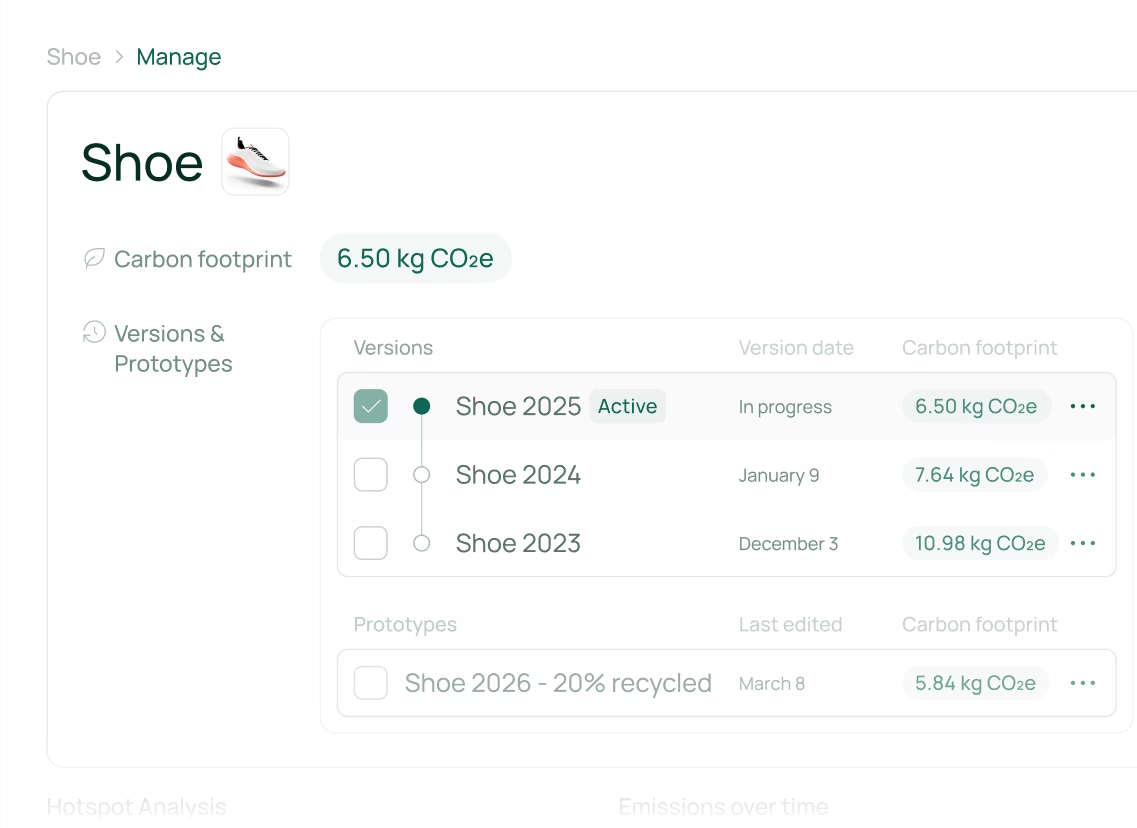


.avif)



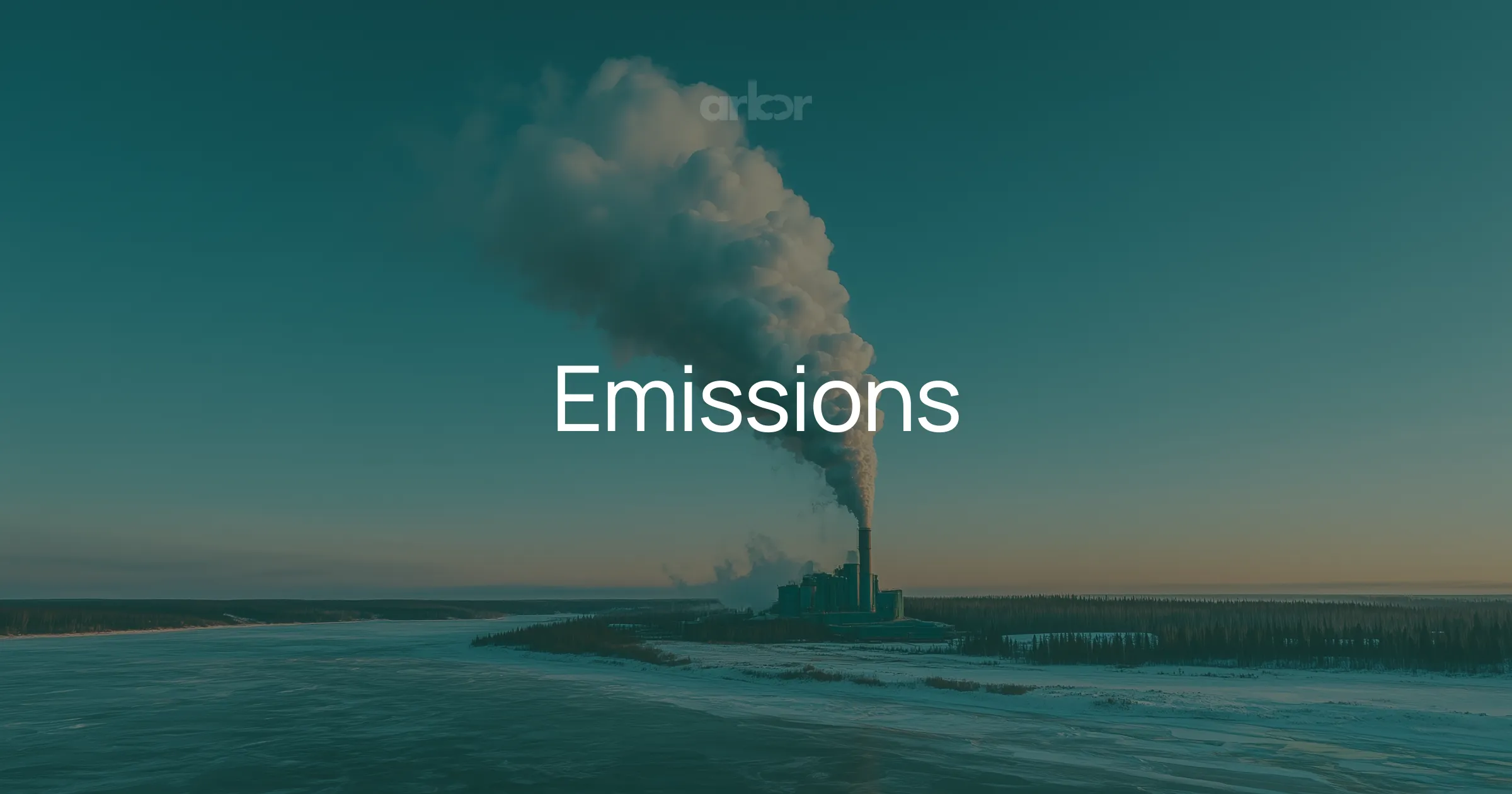
.webp)
%20Directive.webp)
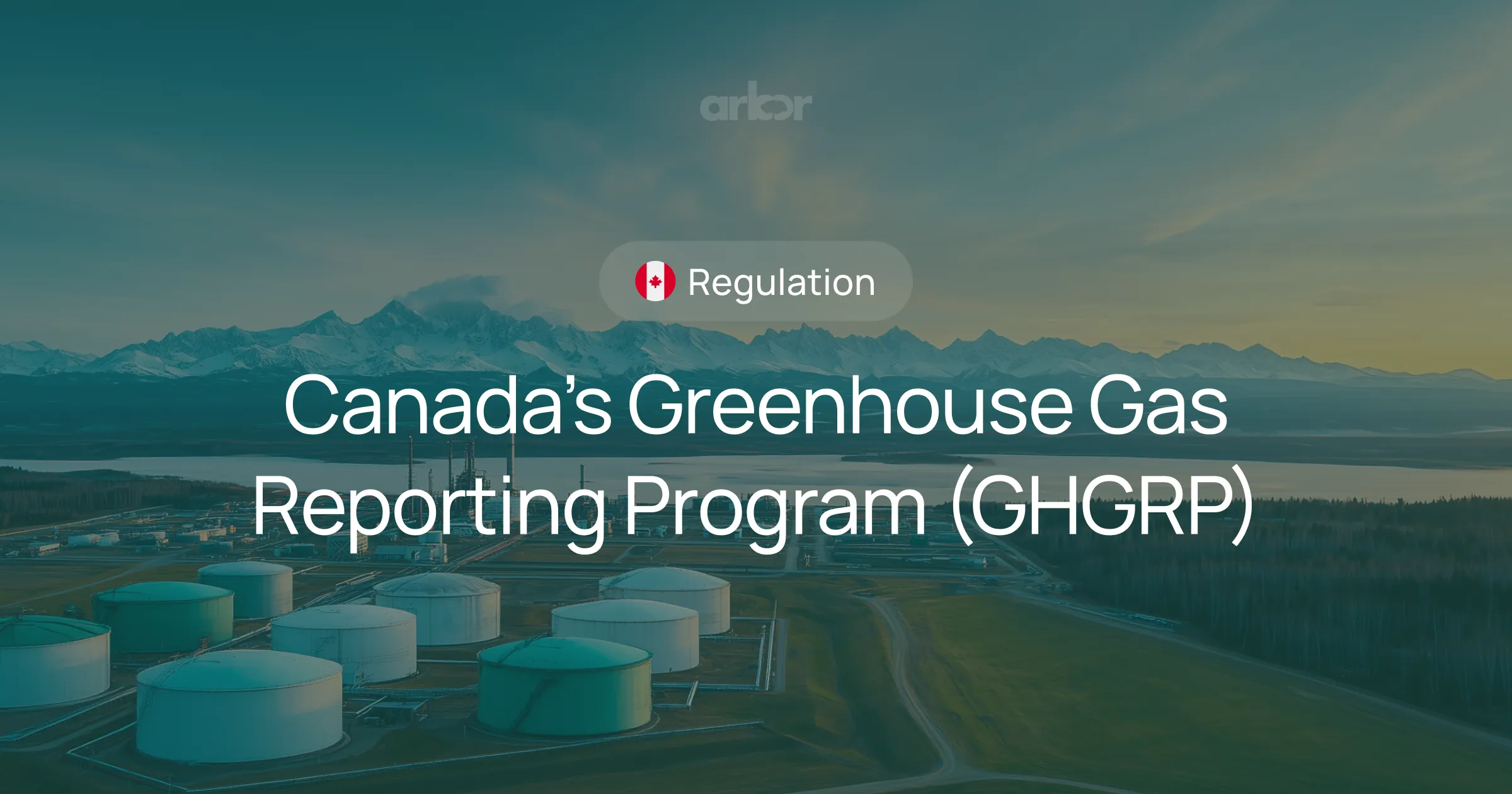

.webp)
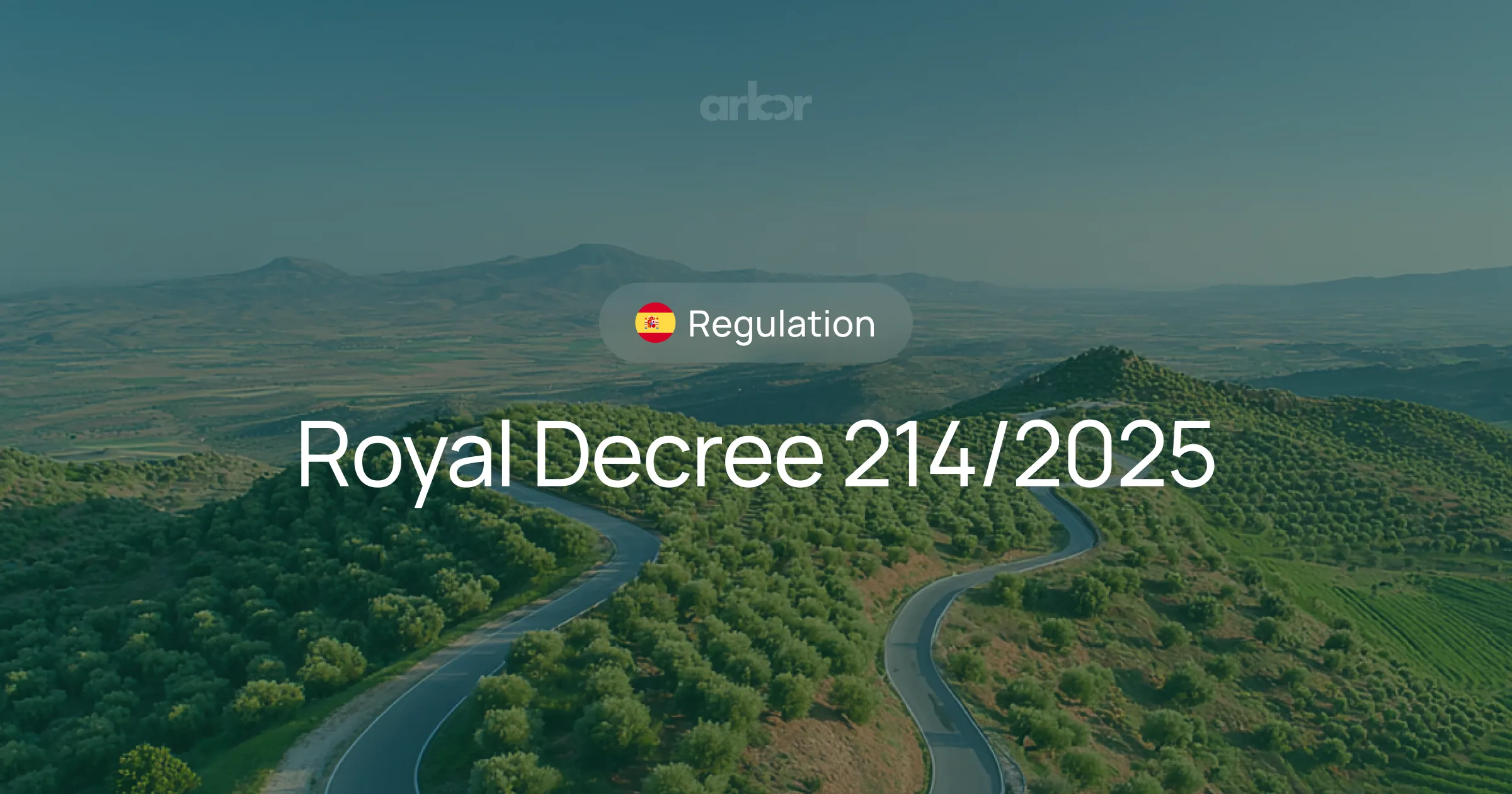
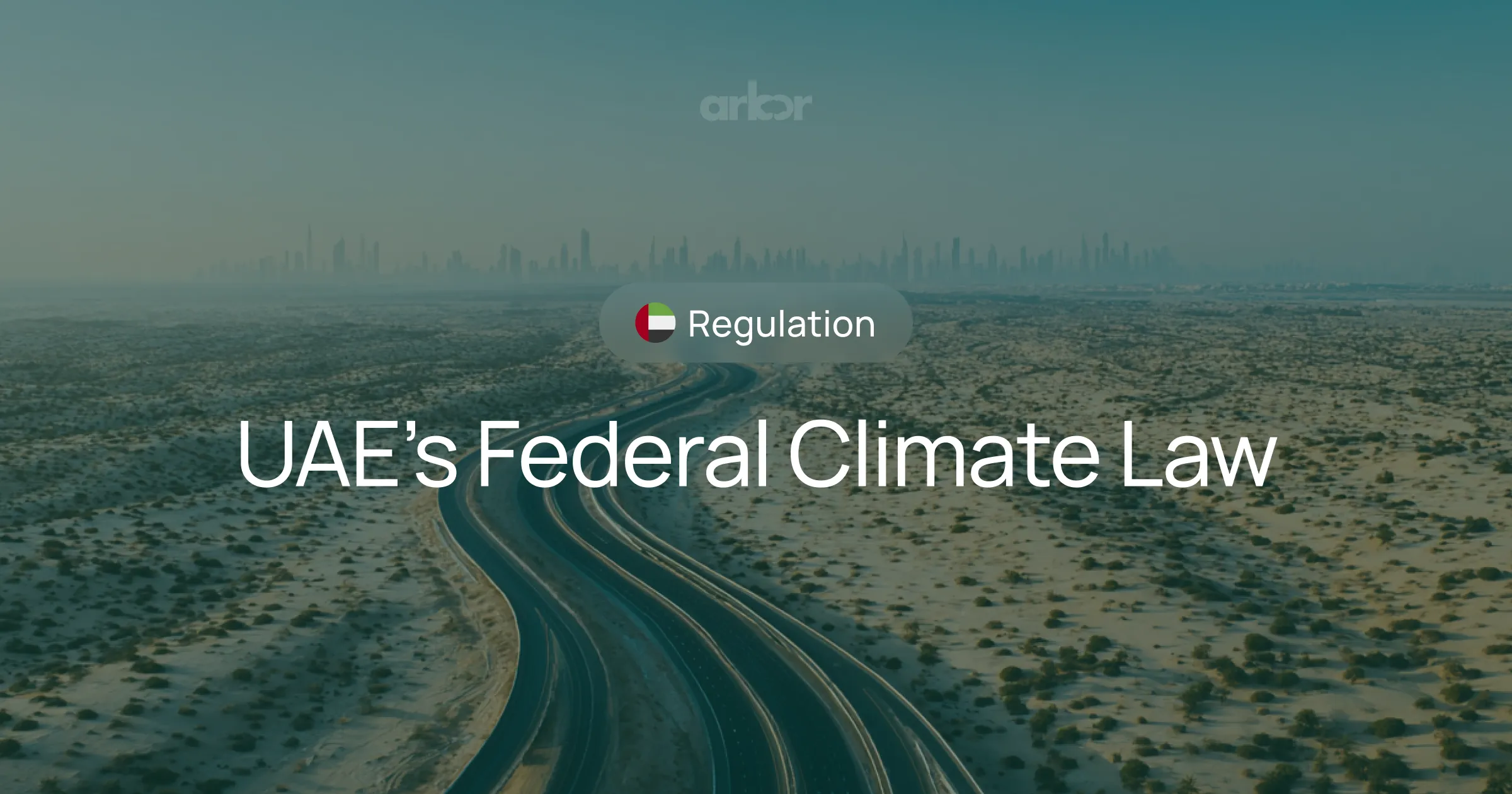
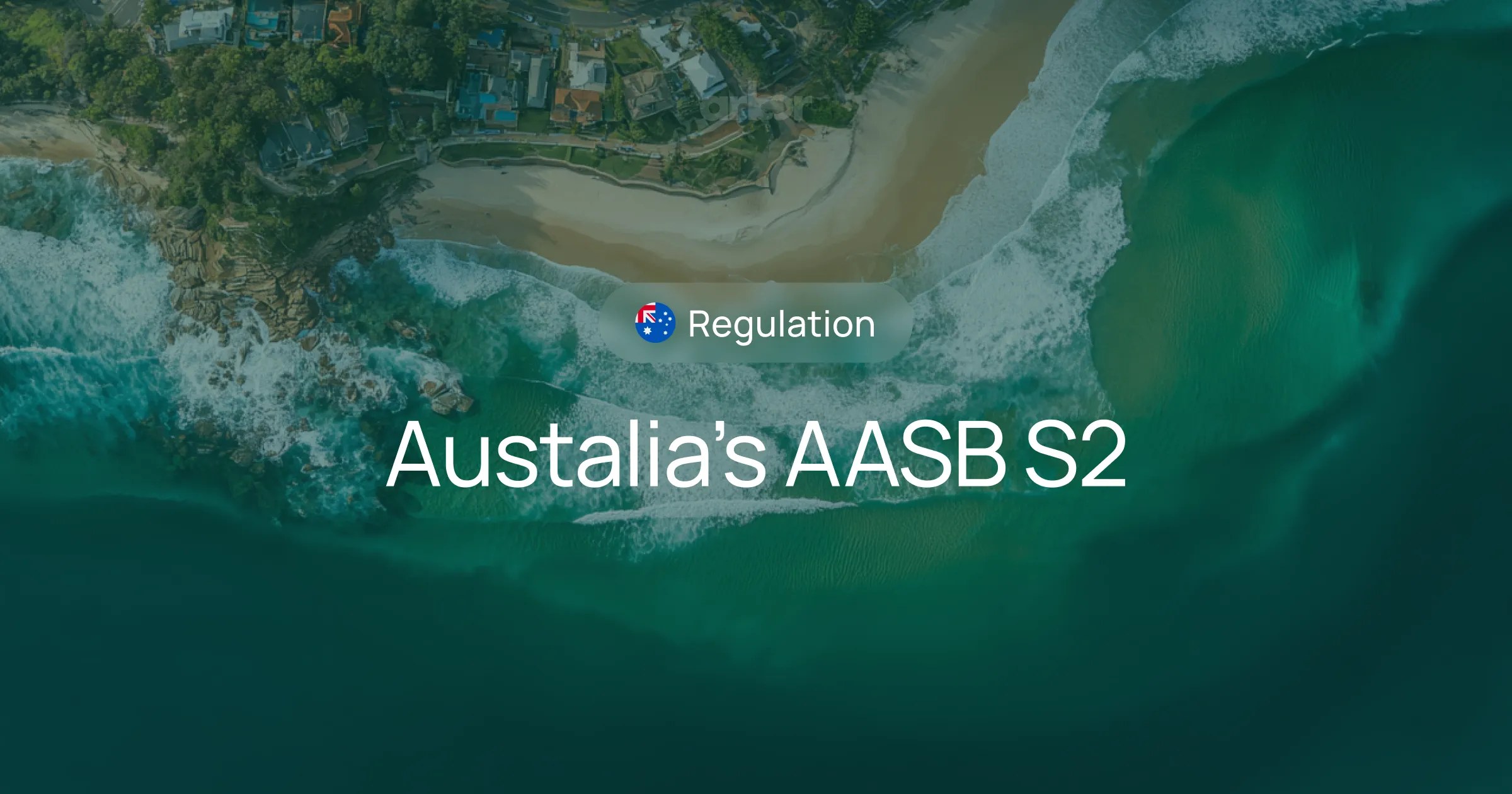
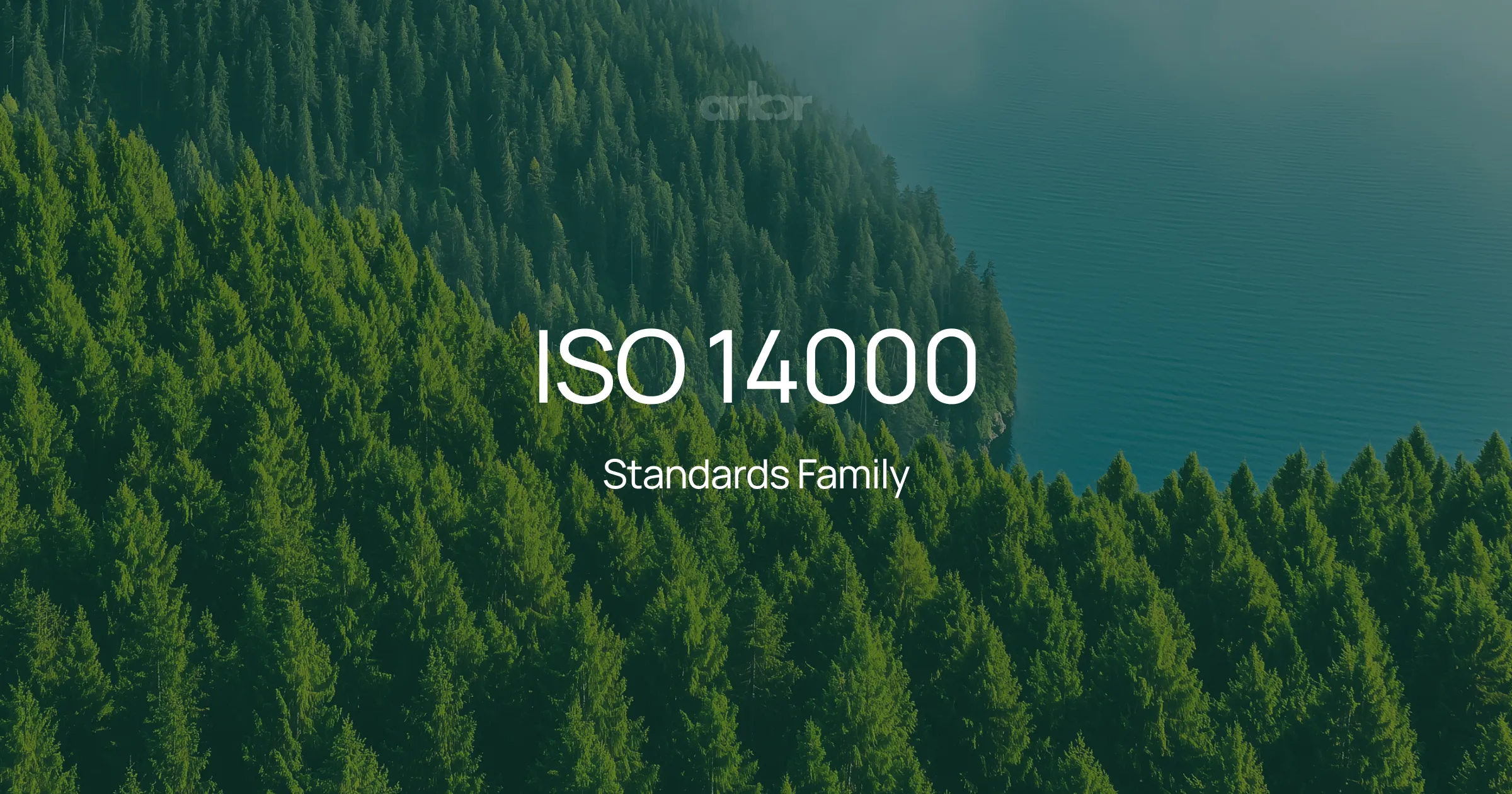
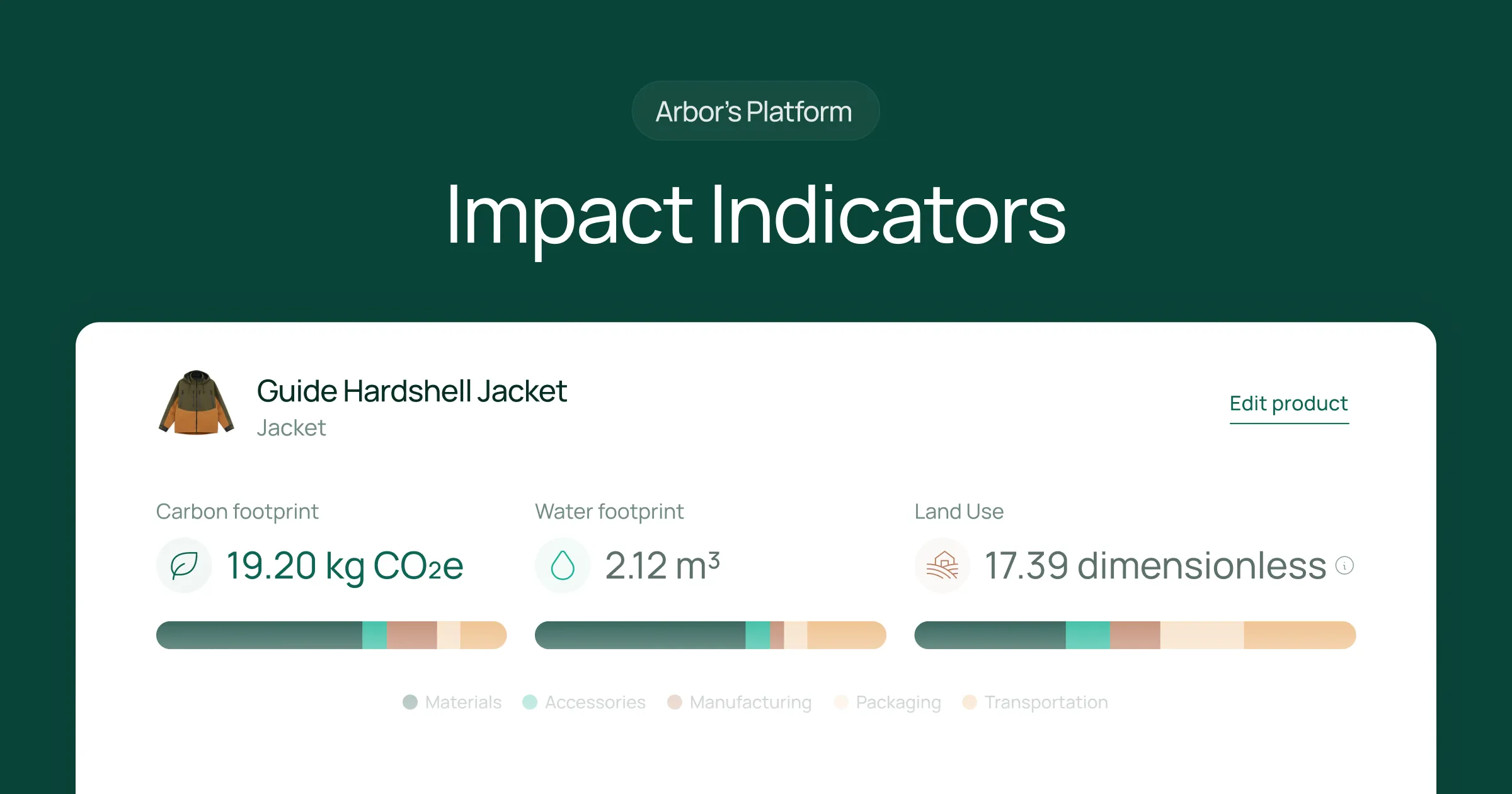
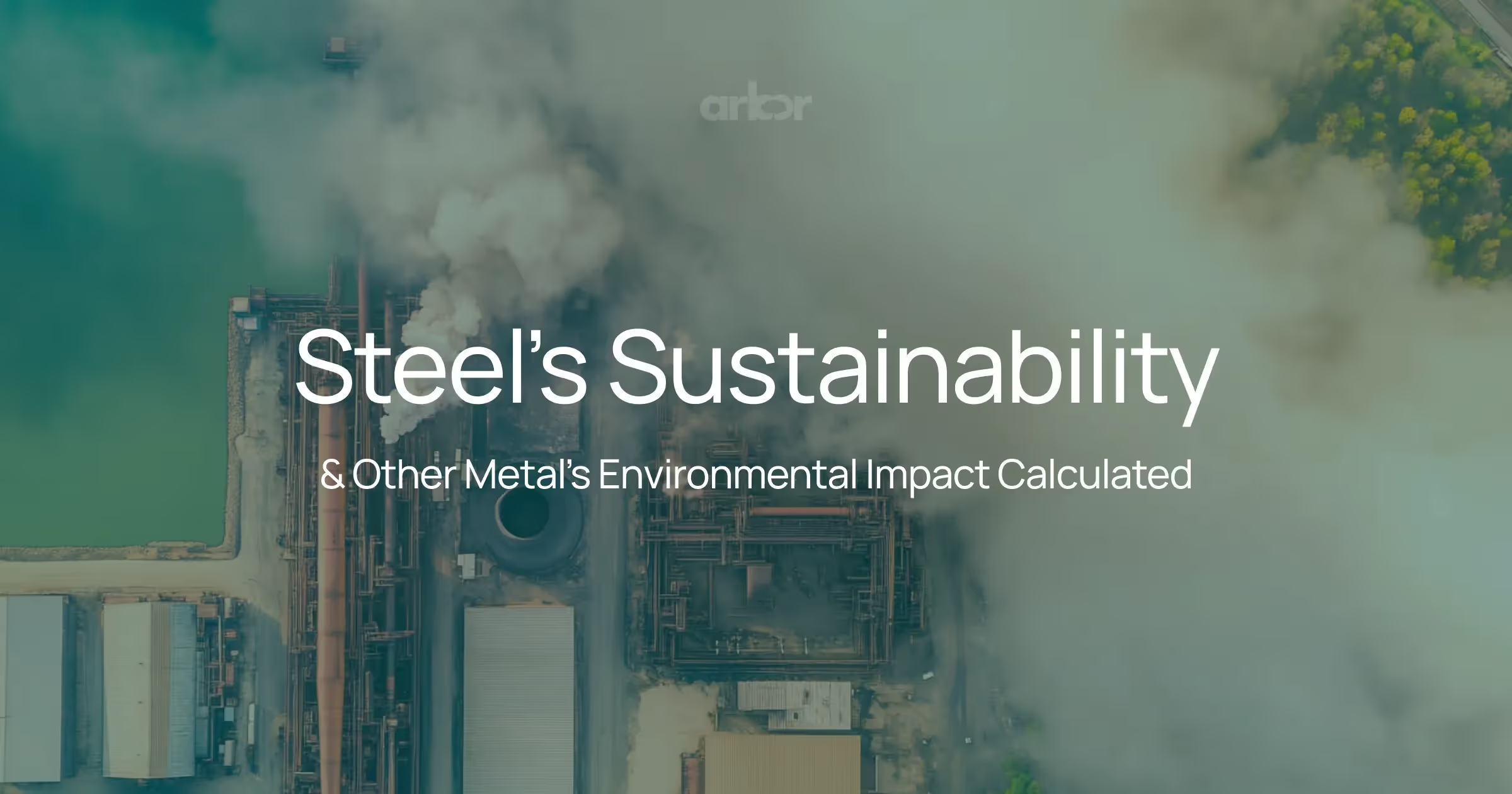

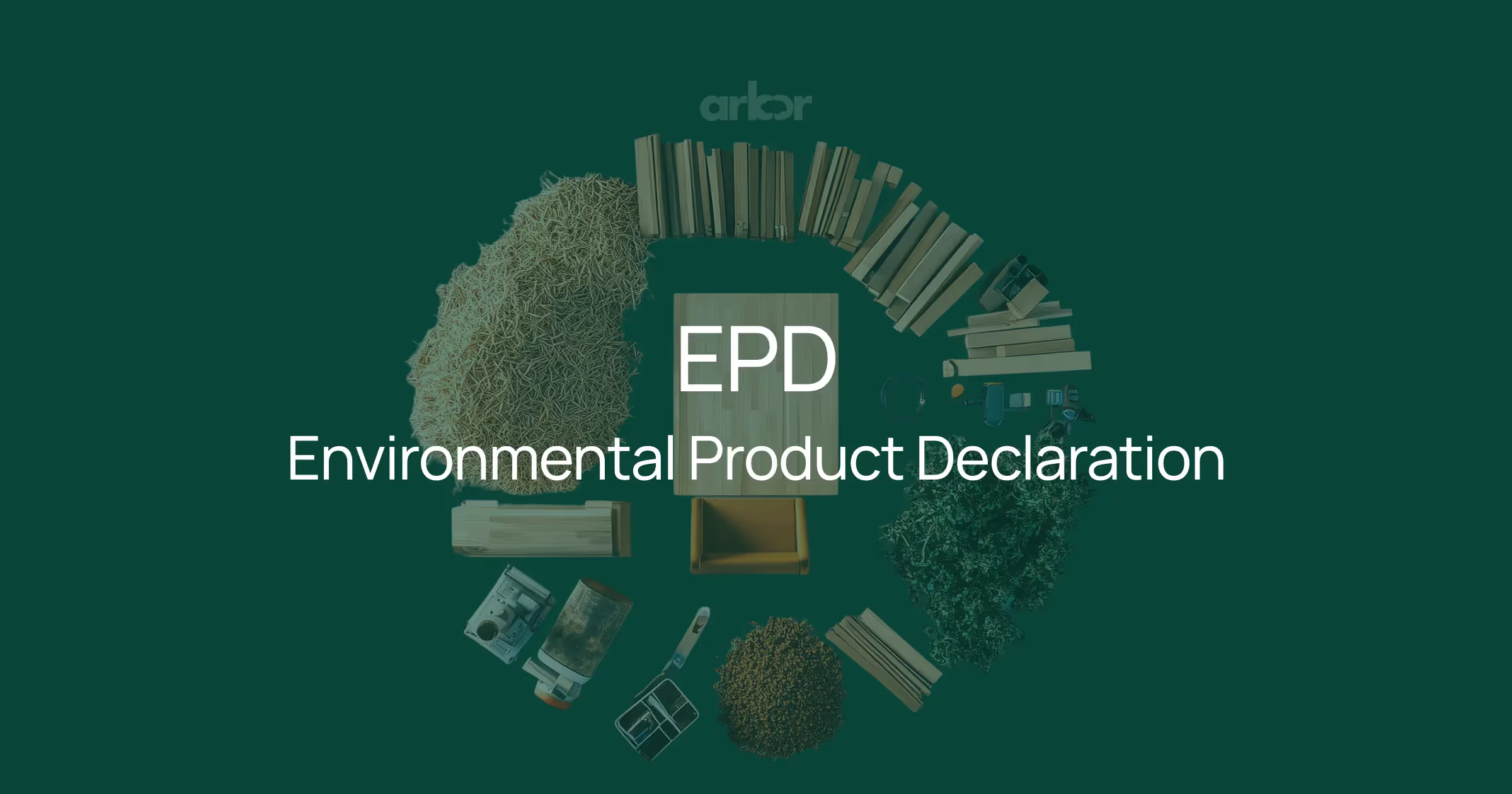
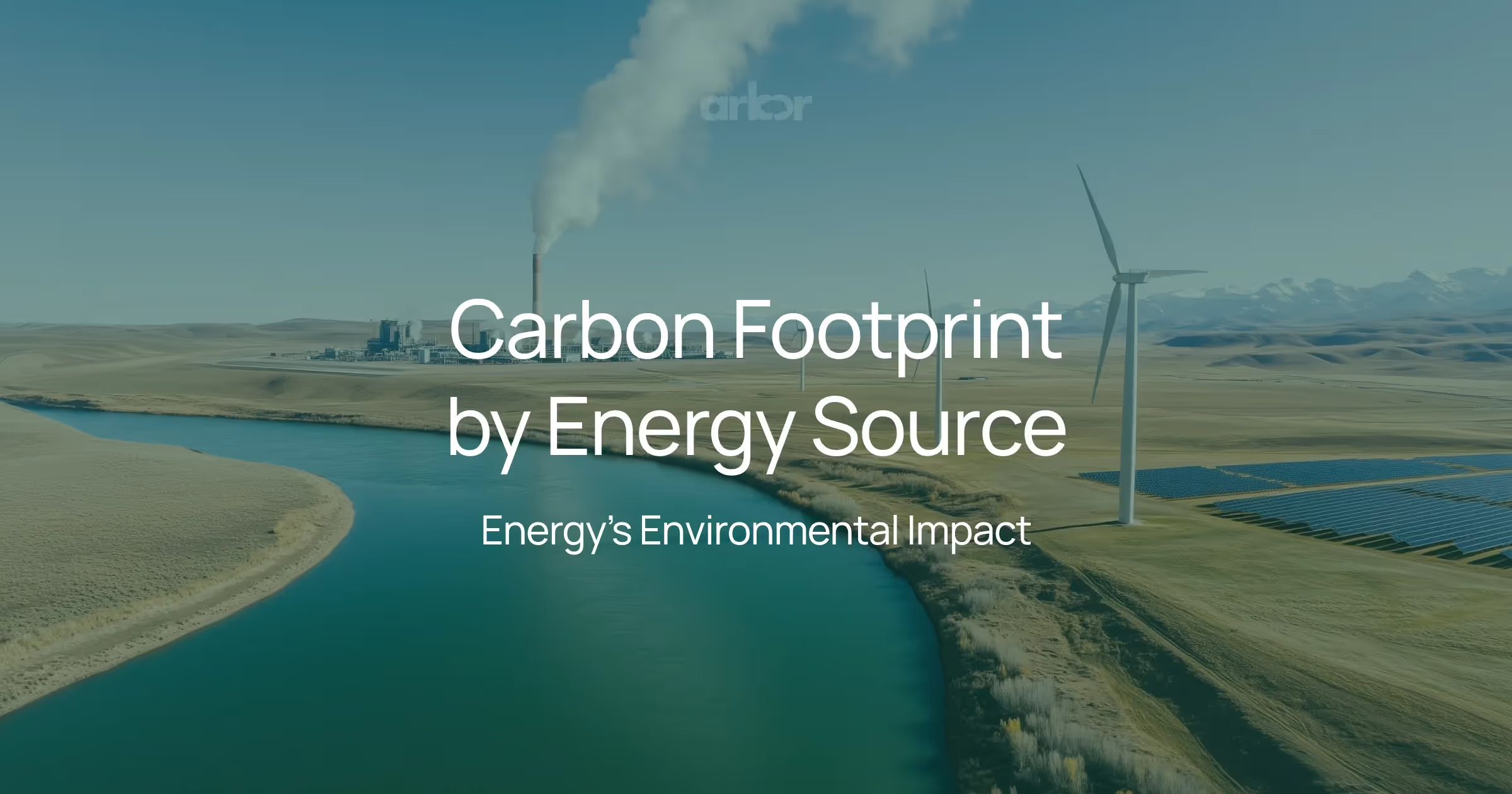
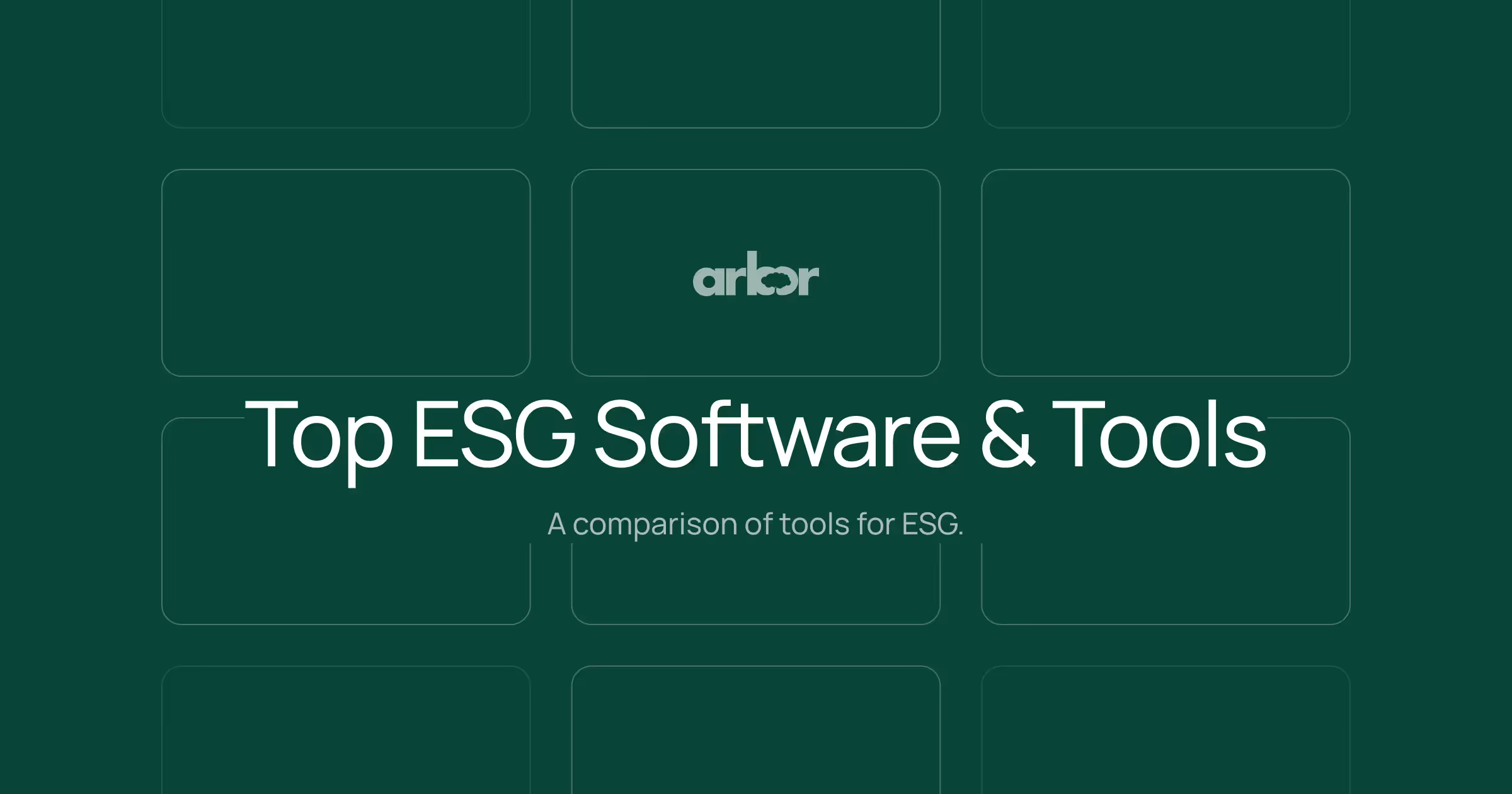
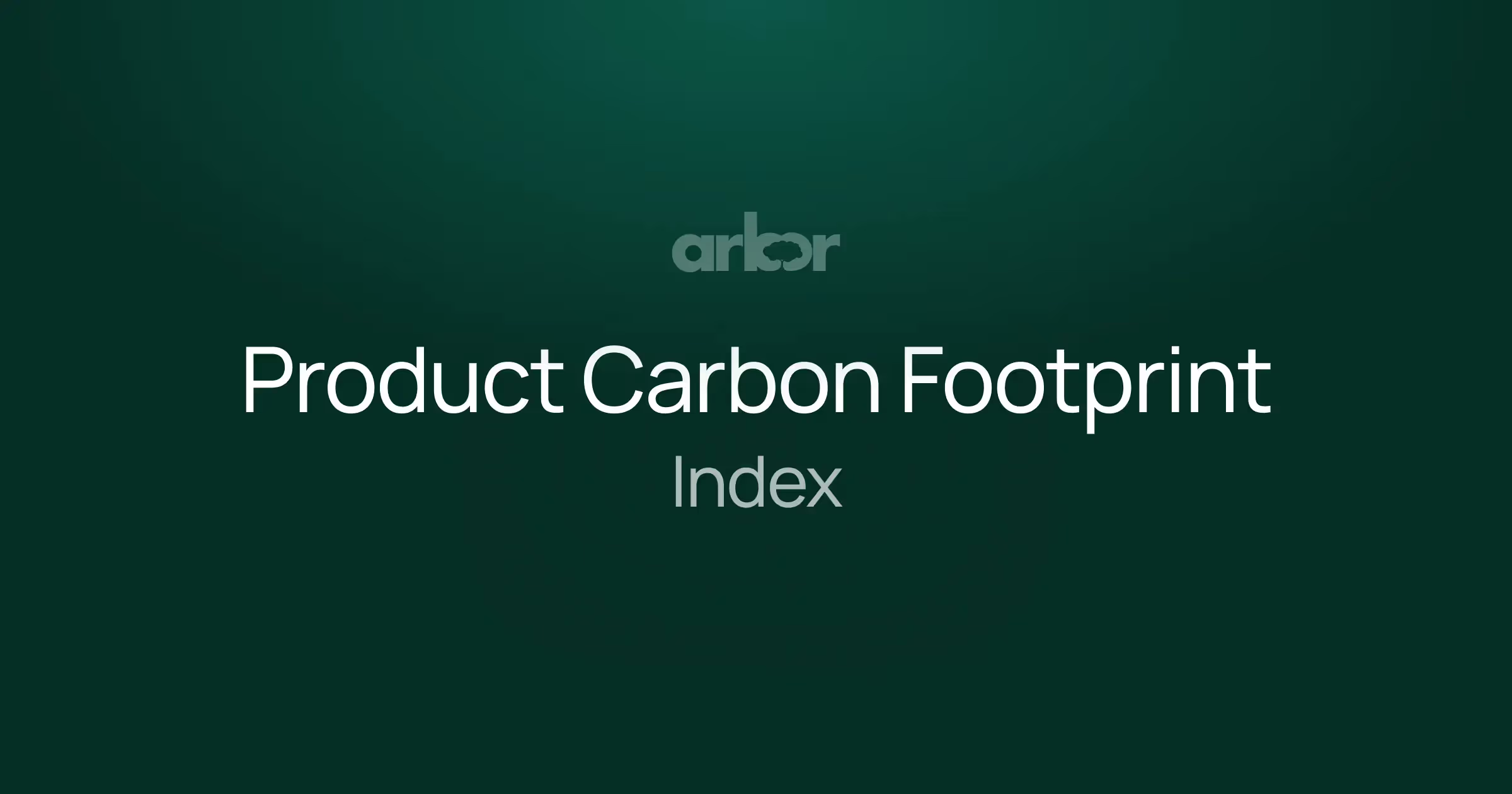
%20Arbor.avif)
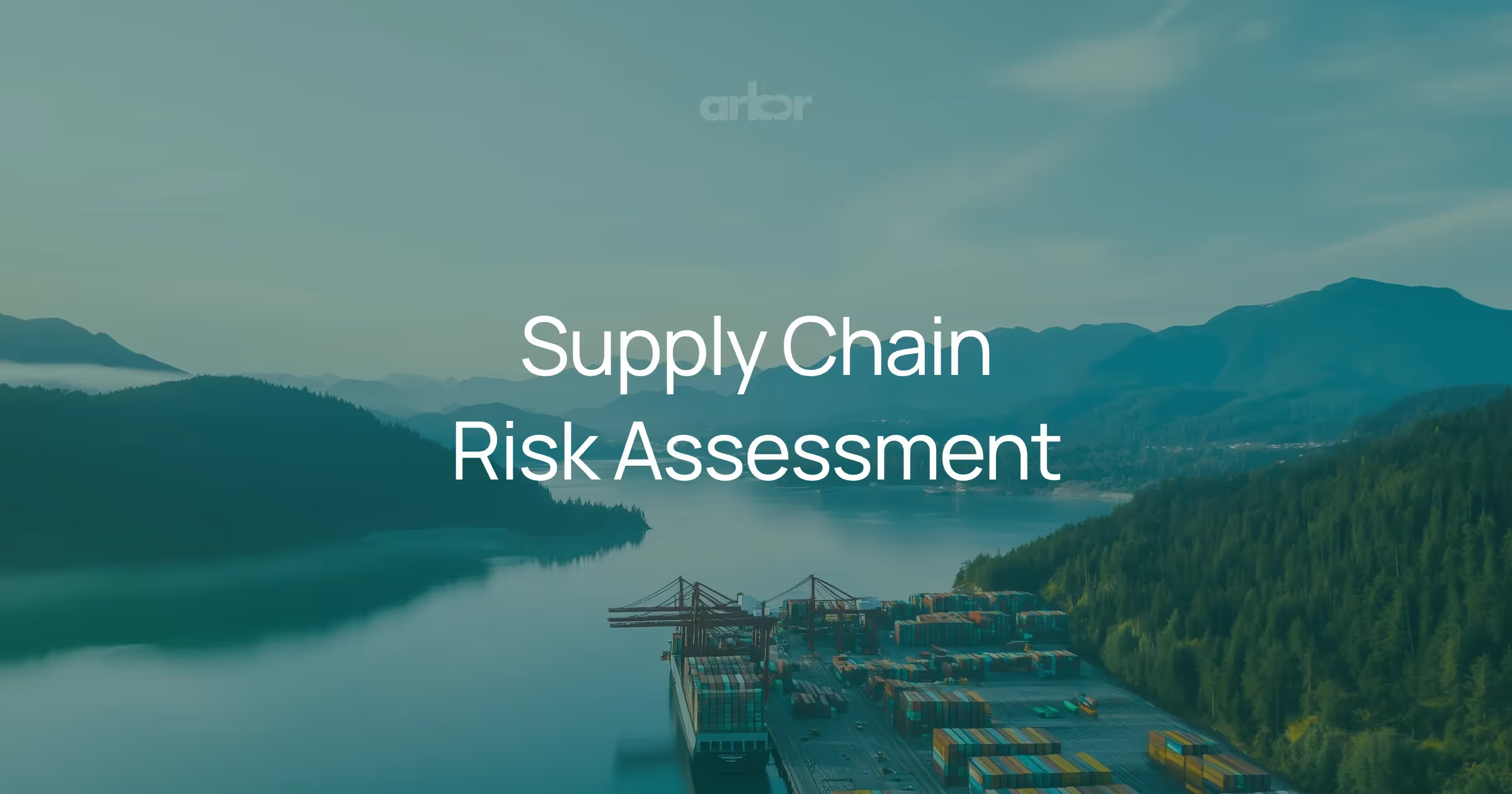
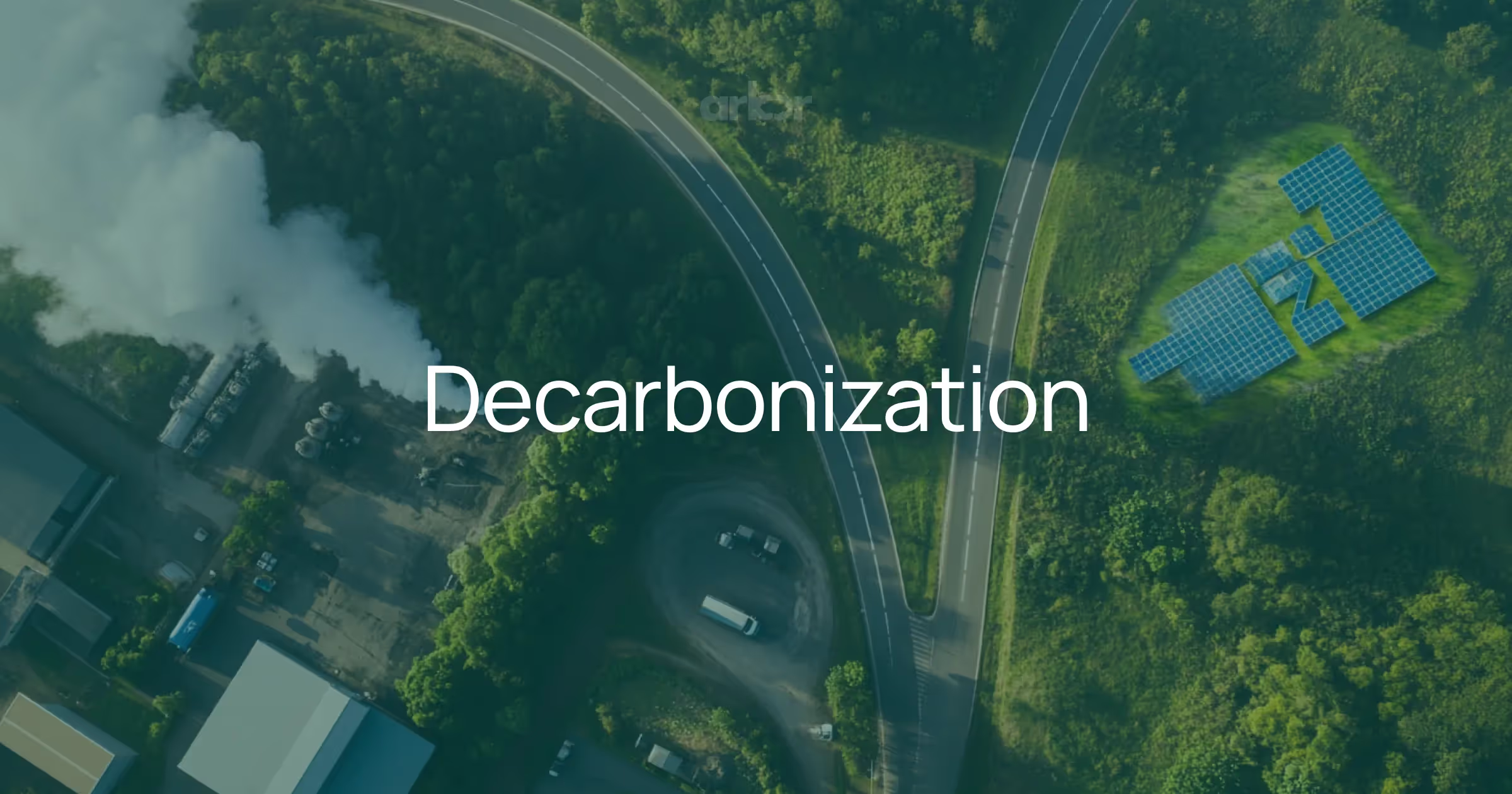

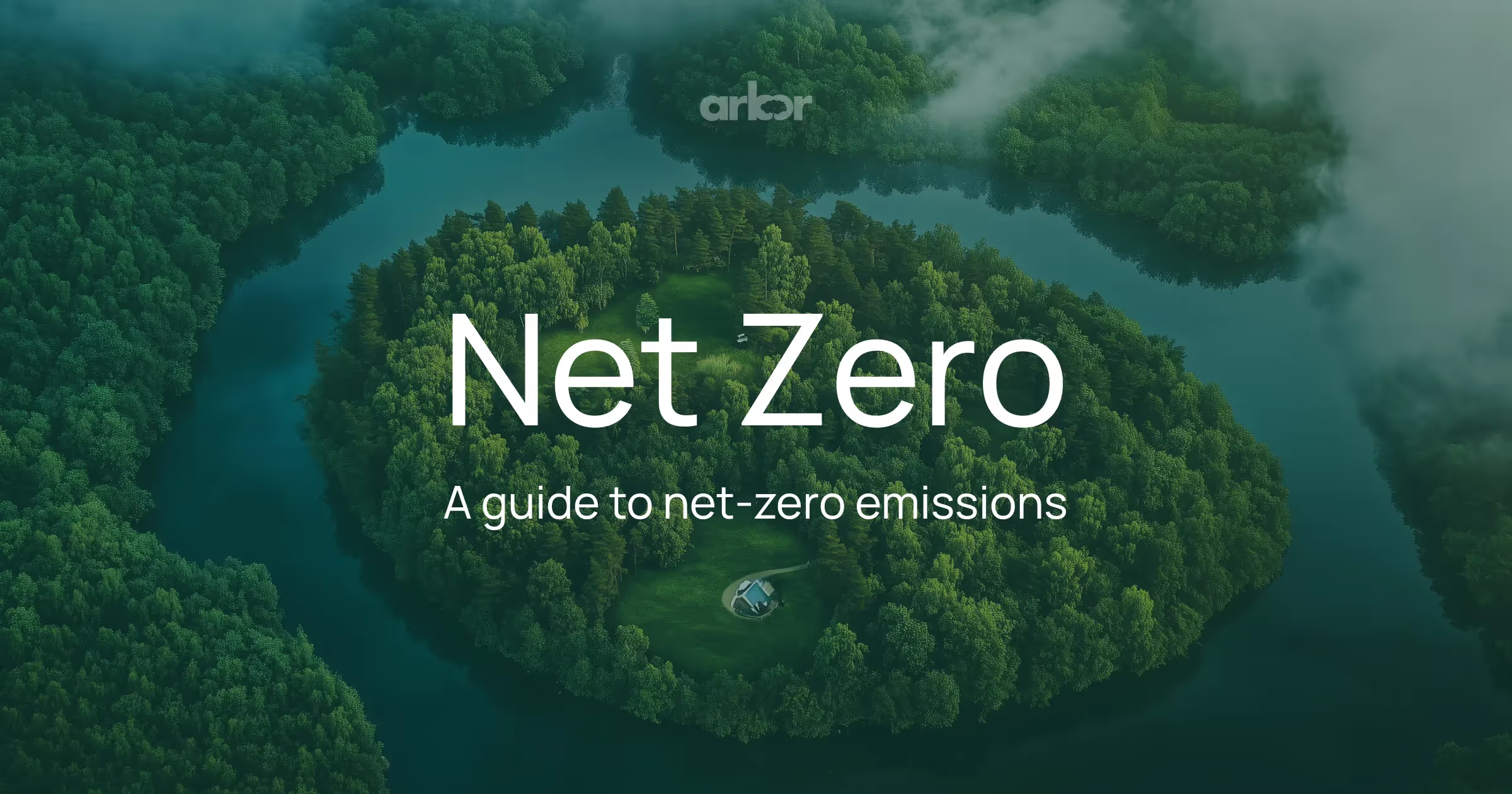
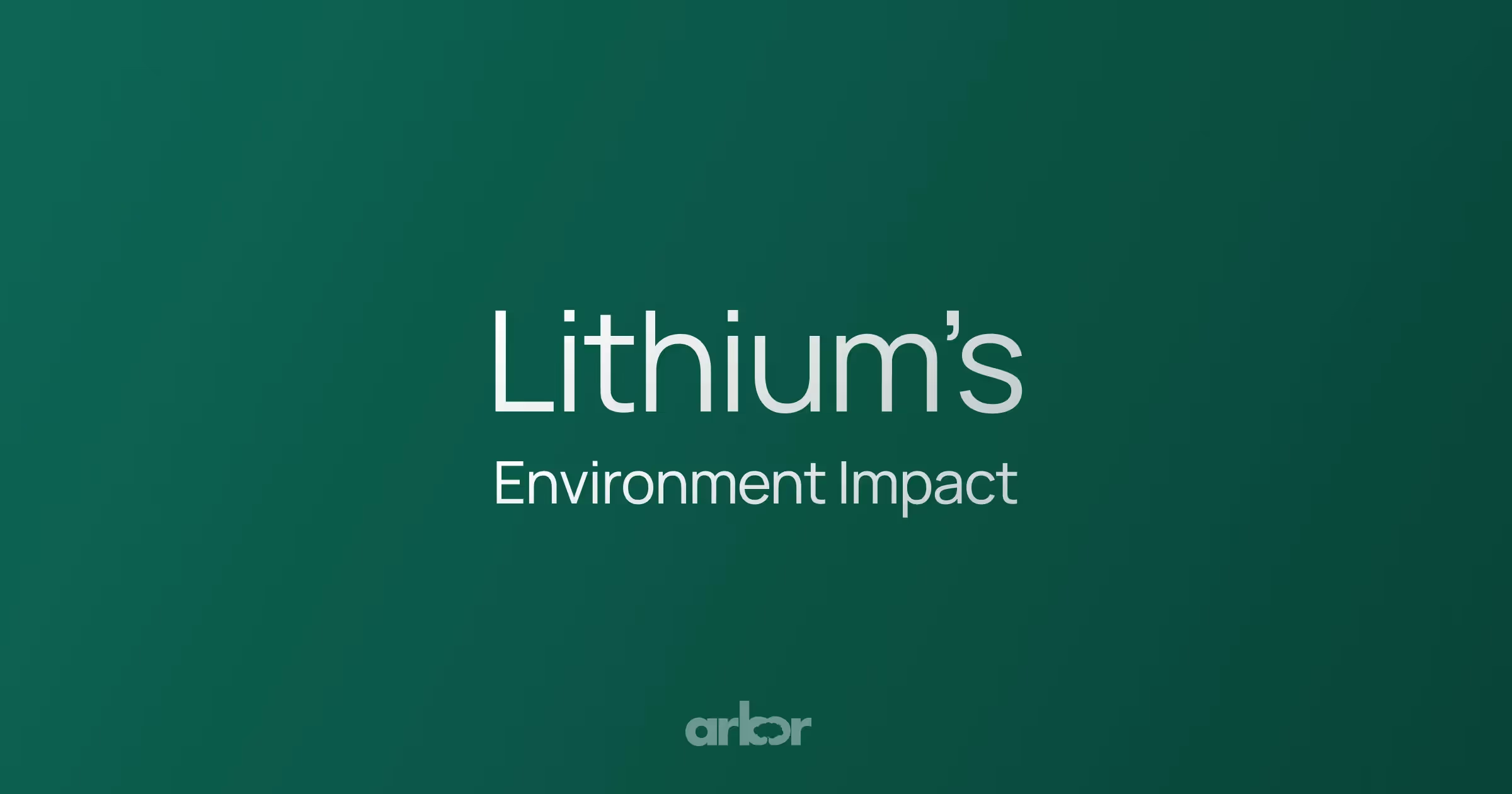
%20Arbor.avif)
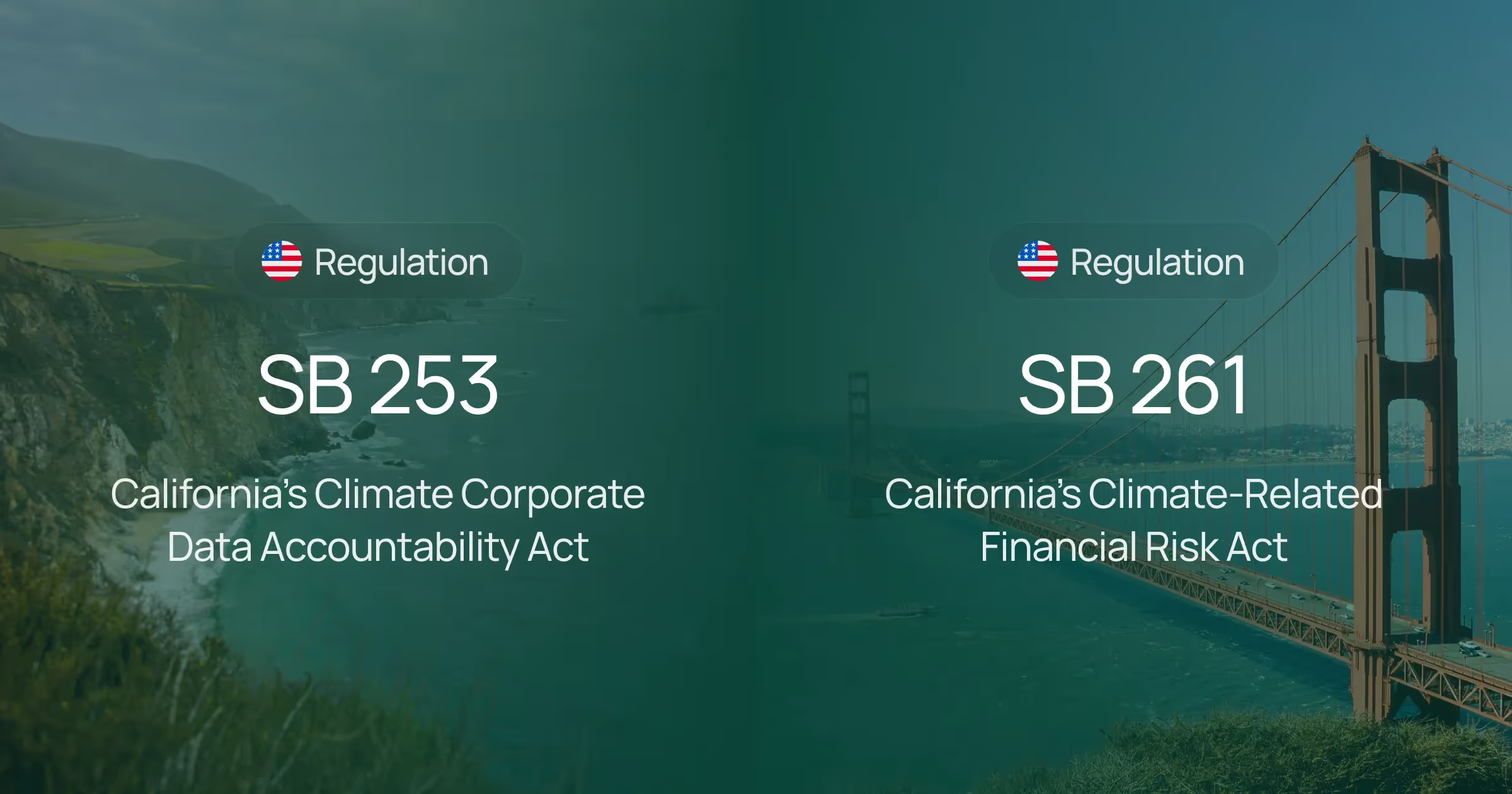
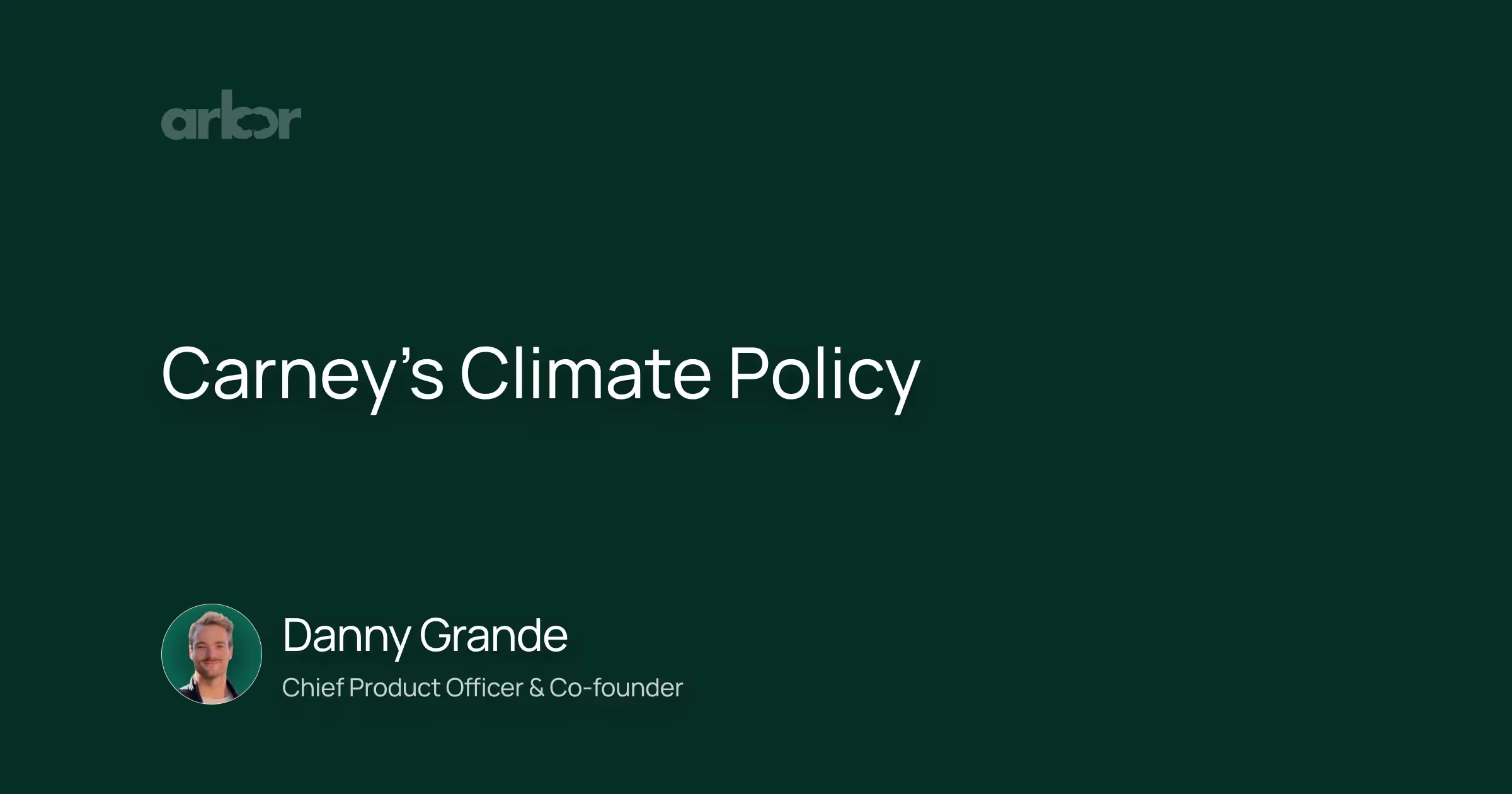
.avif)
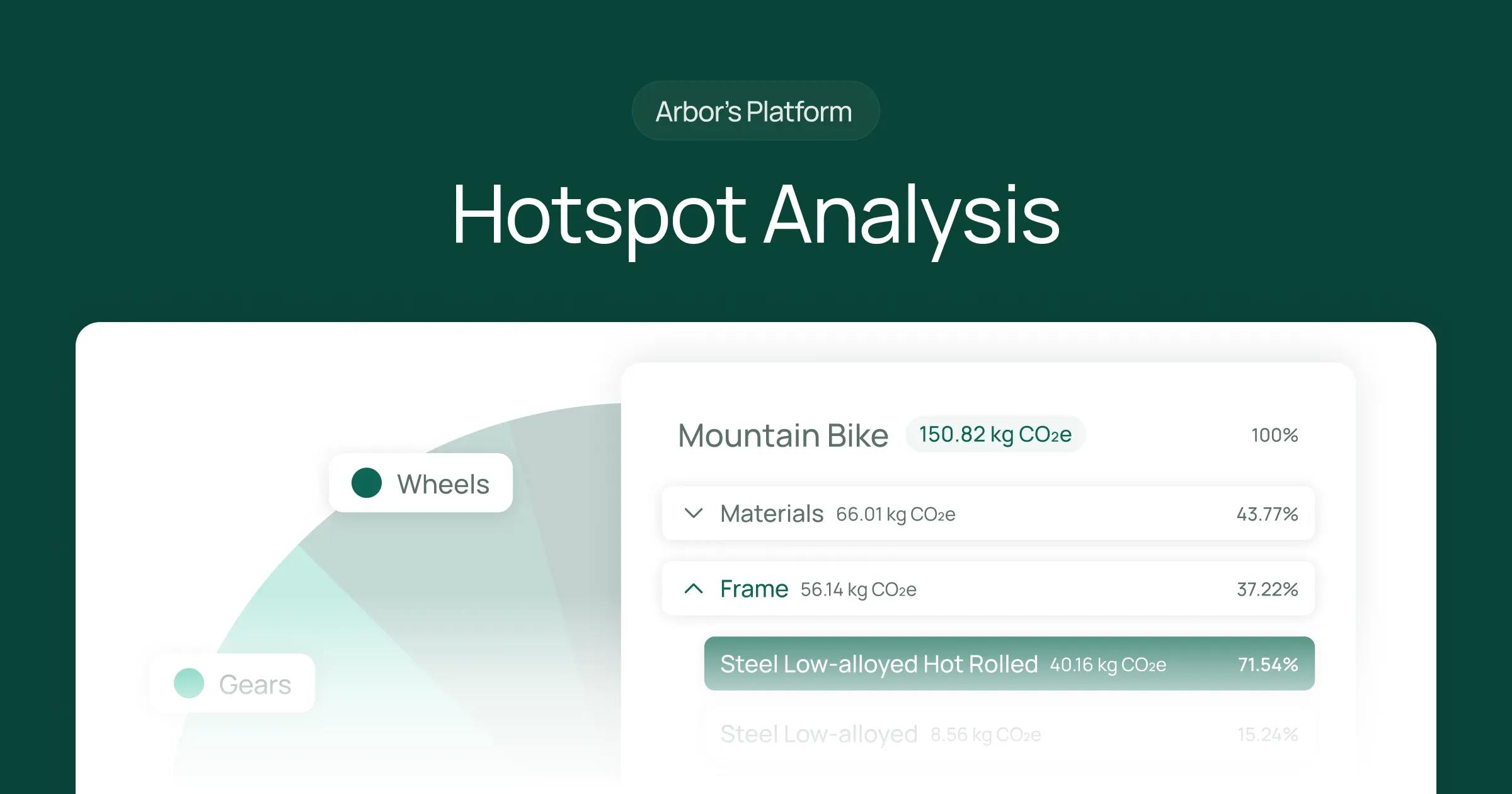
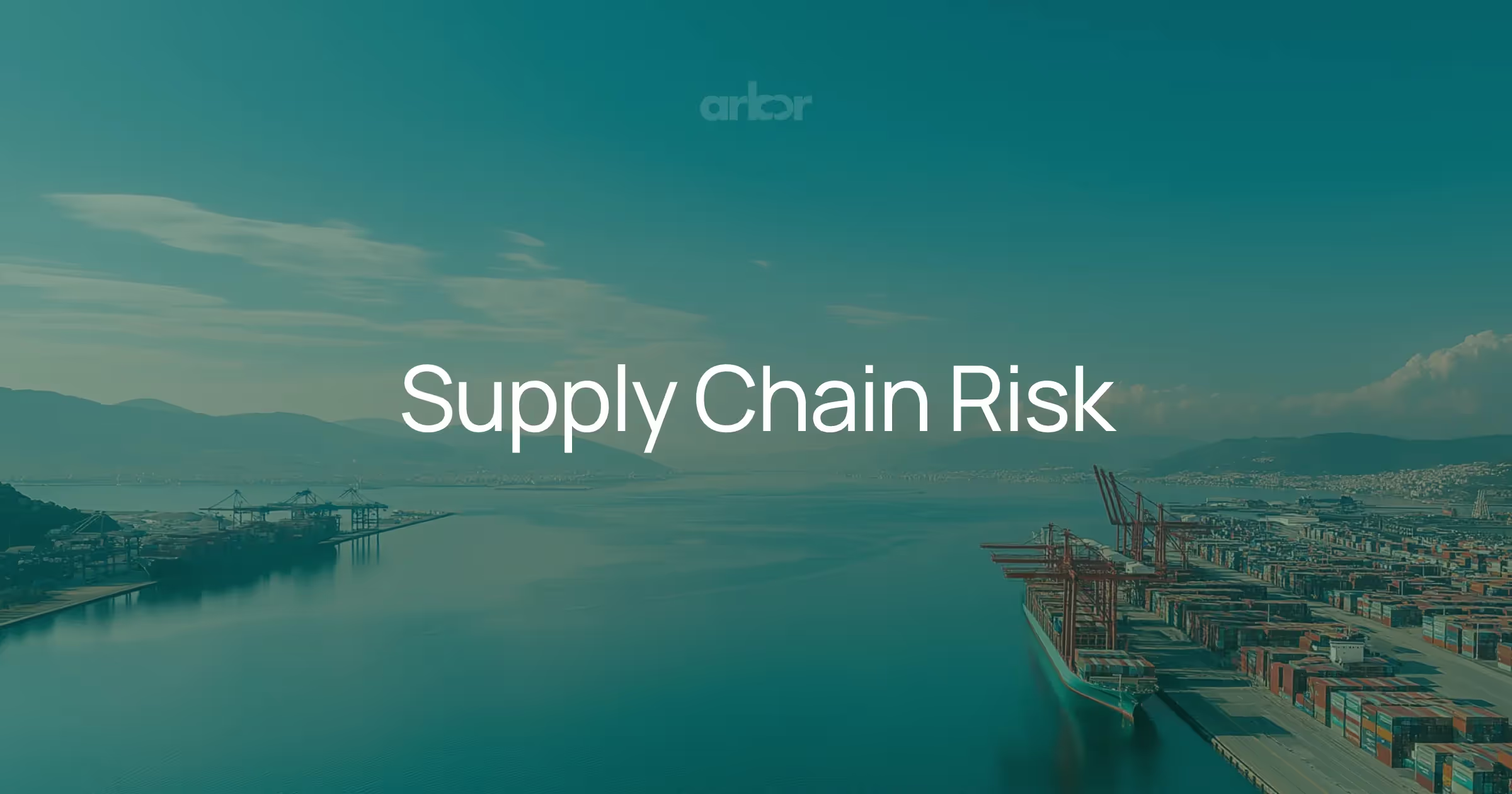
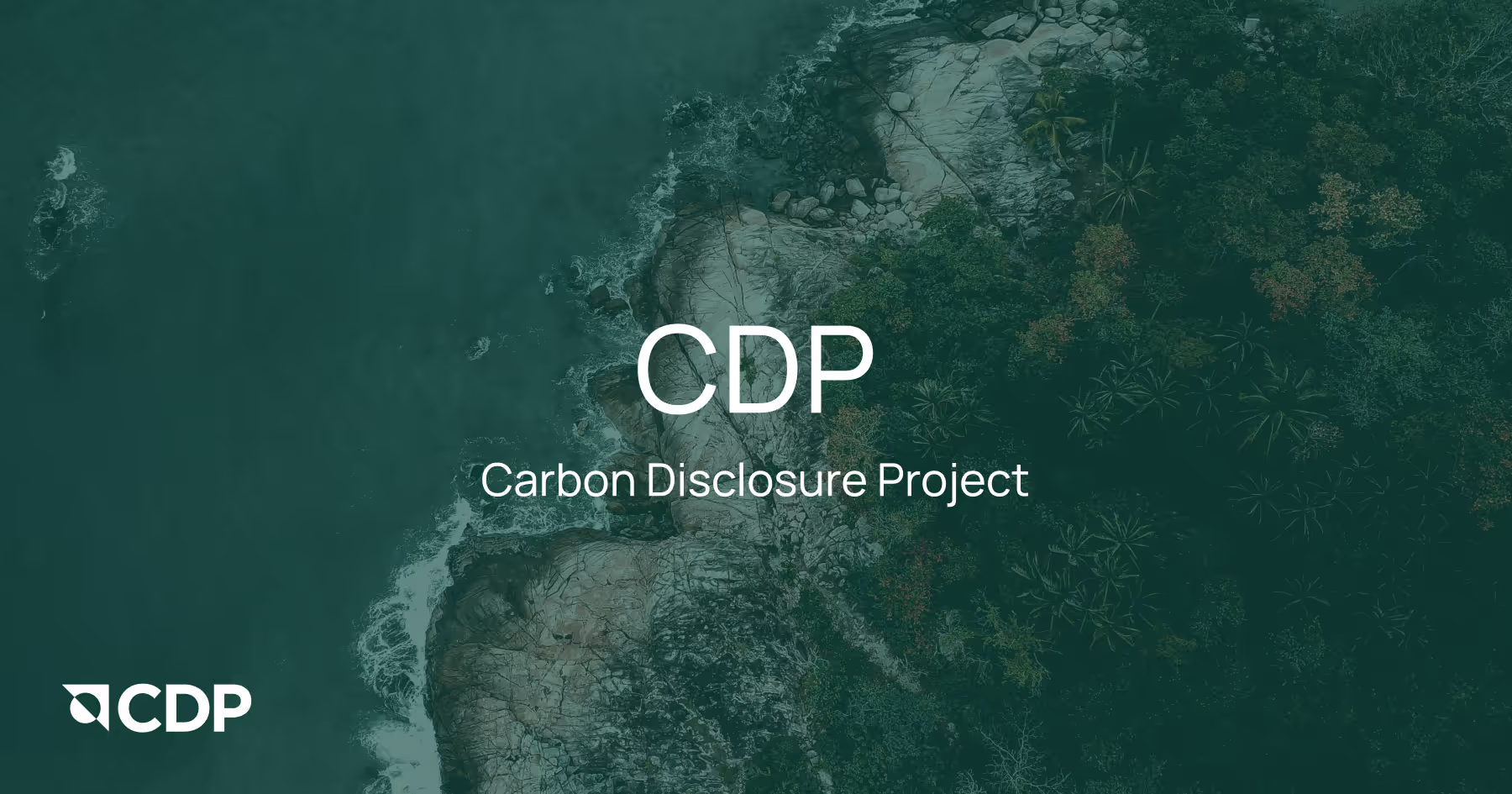
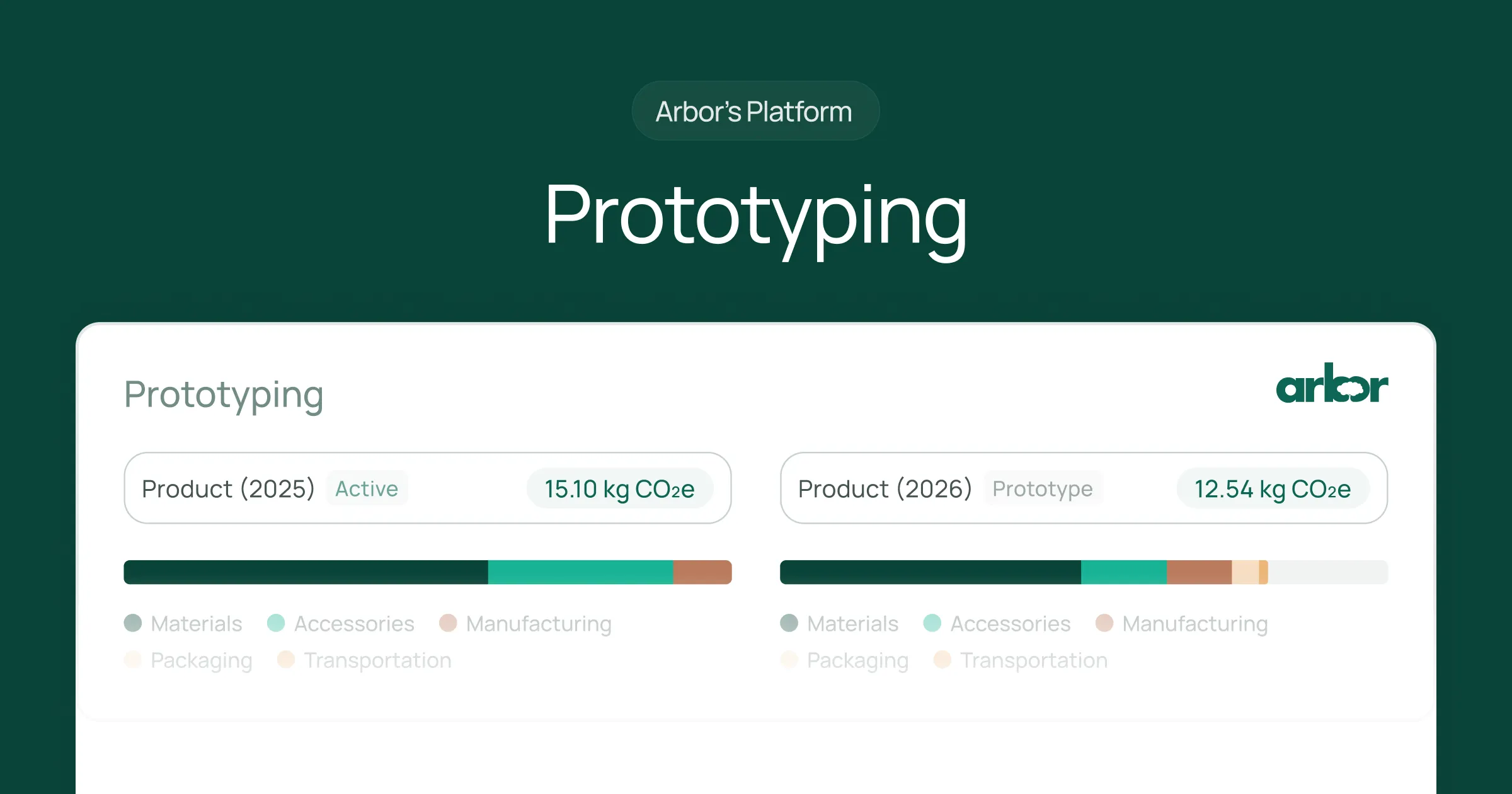
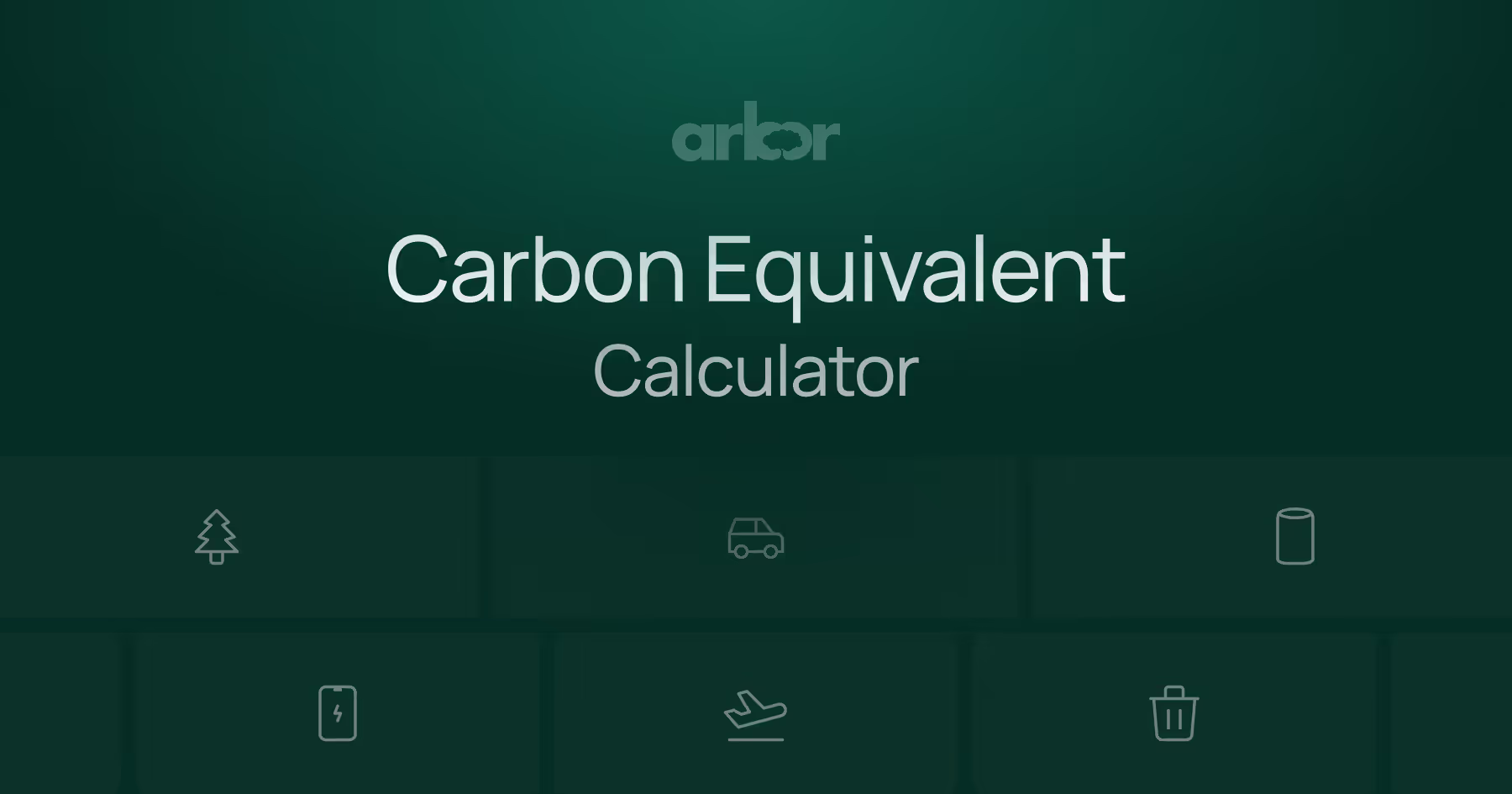
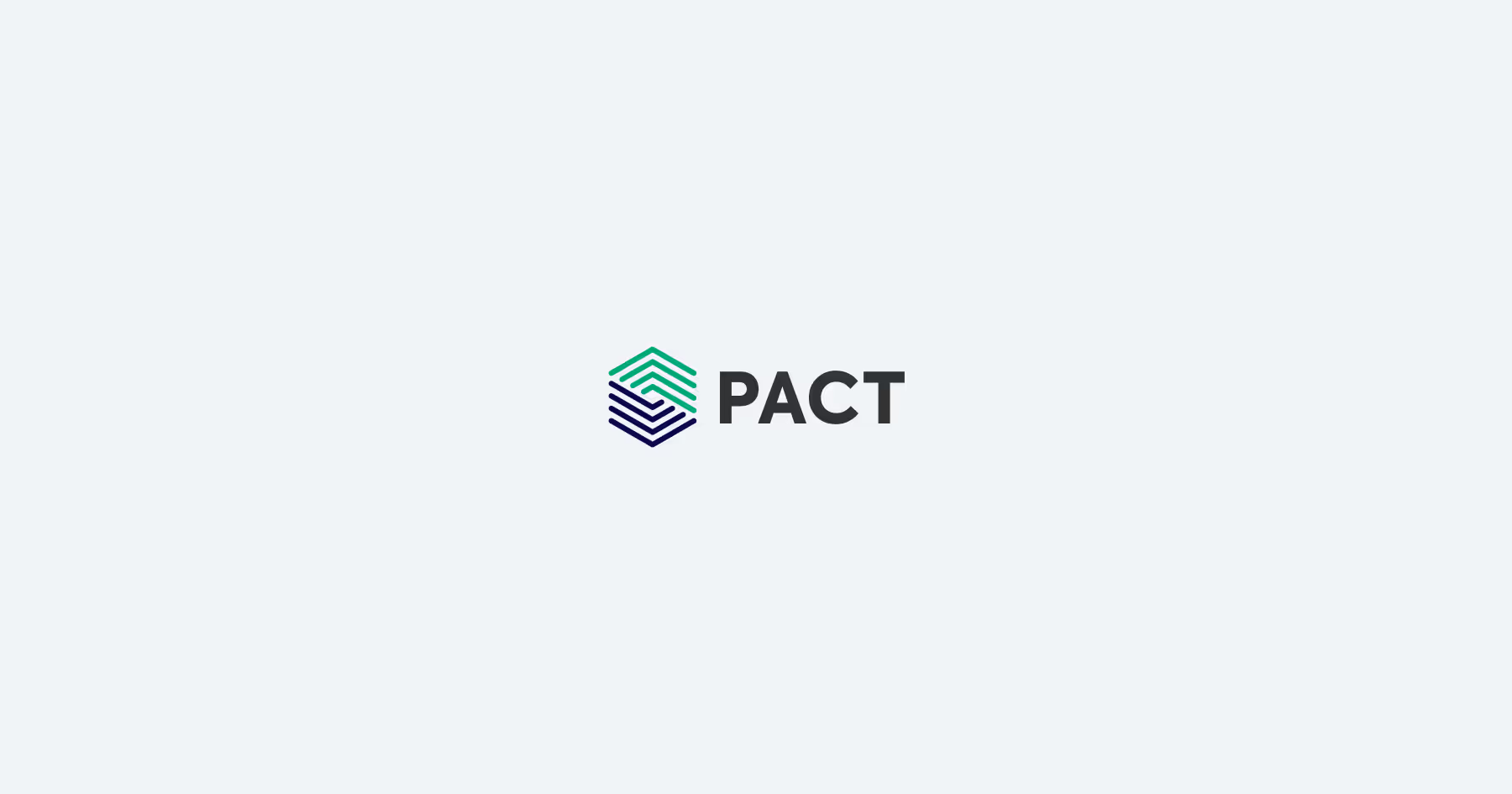
%20Arbor%20Canada.avif)
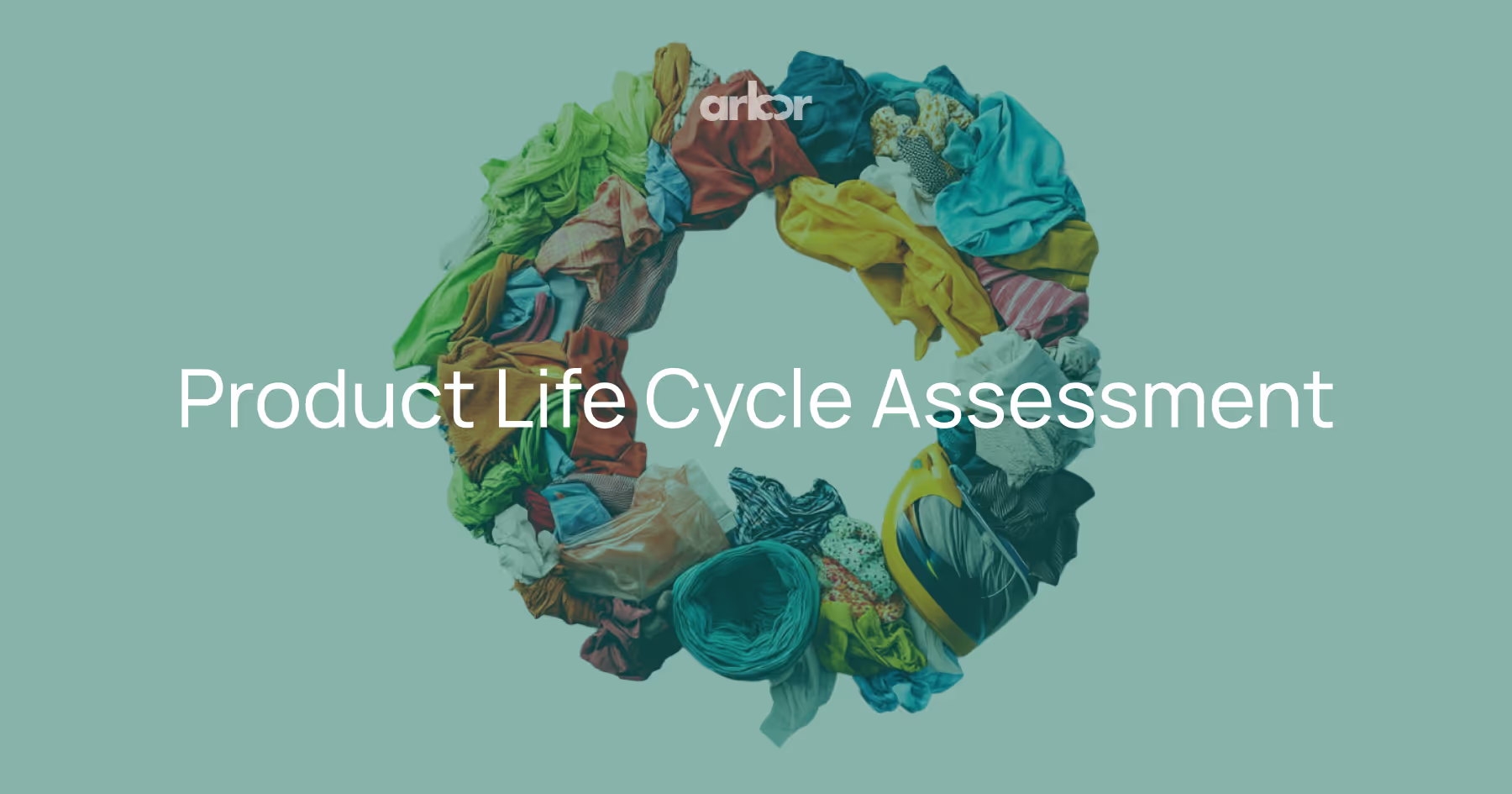
%20Arbor.avif)
.avif)
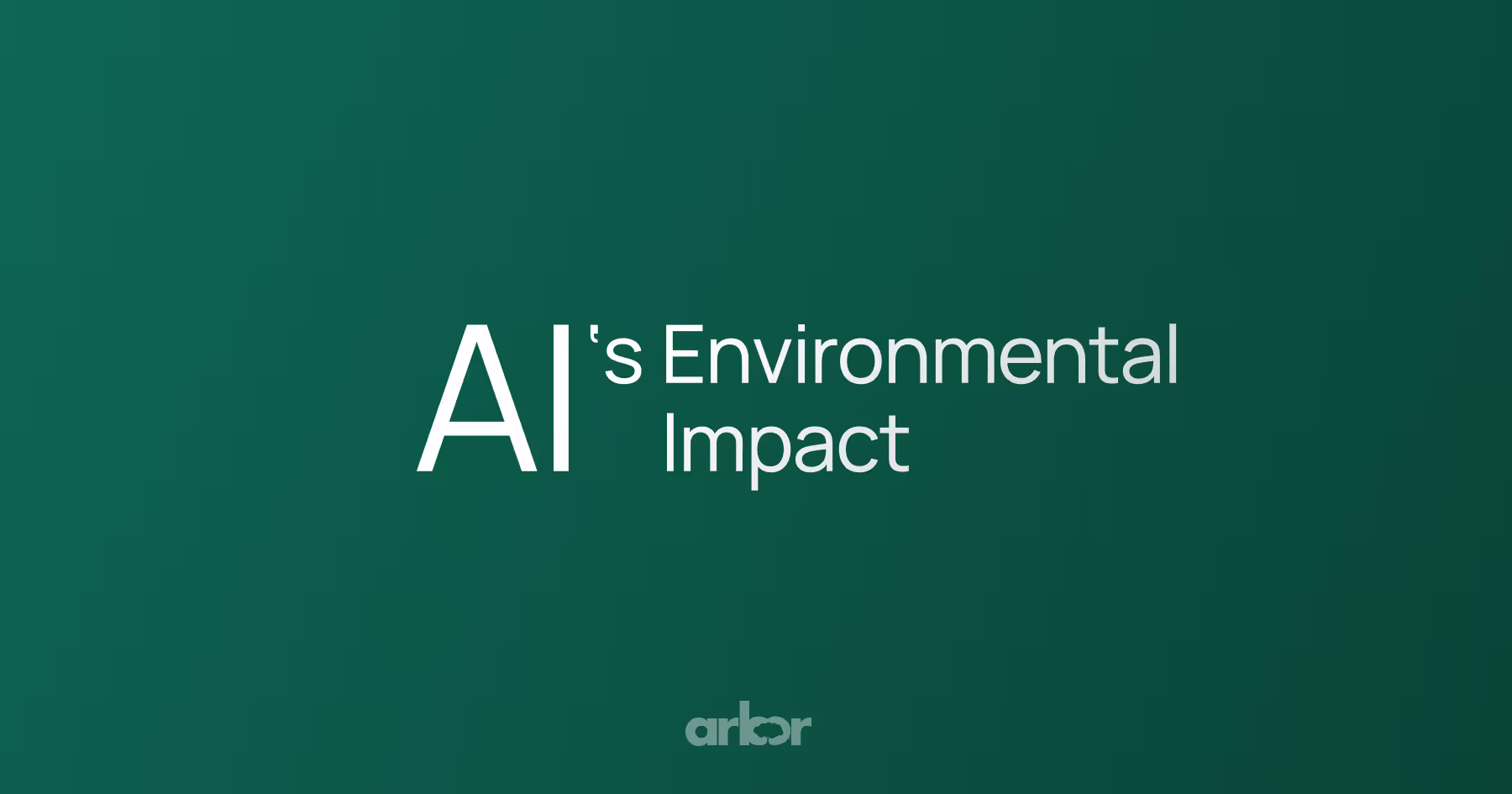
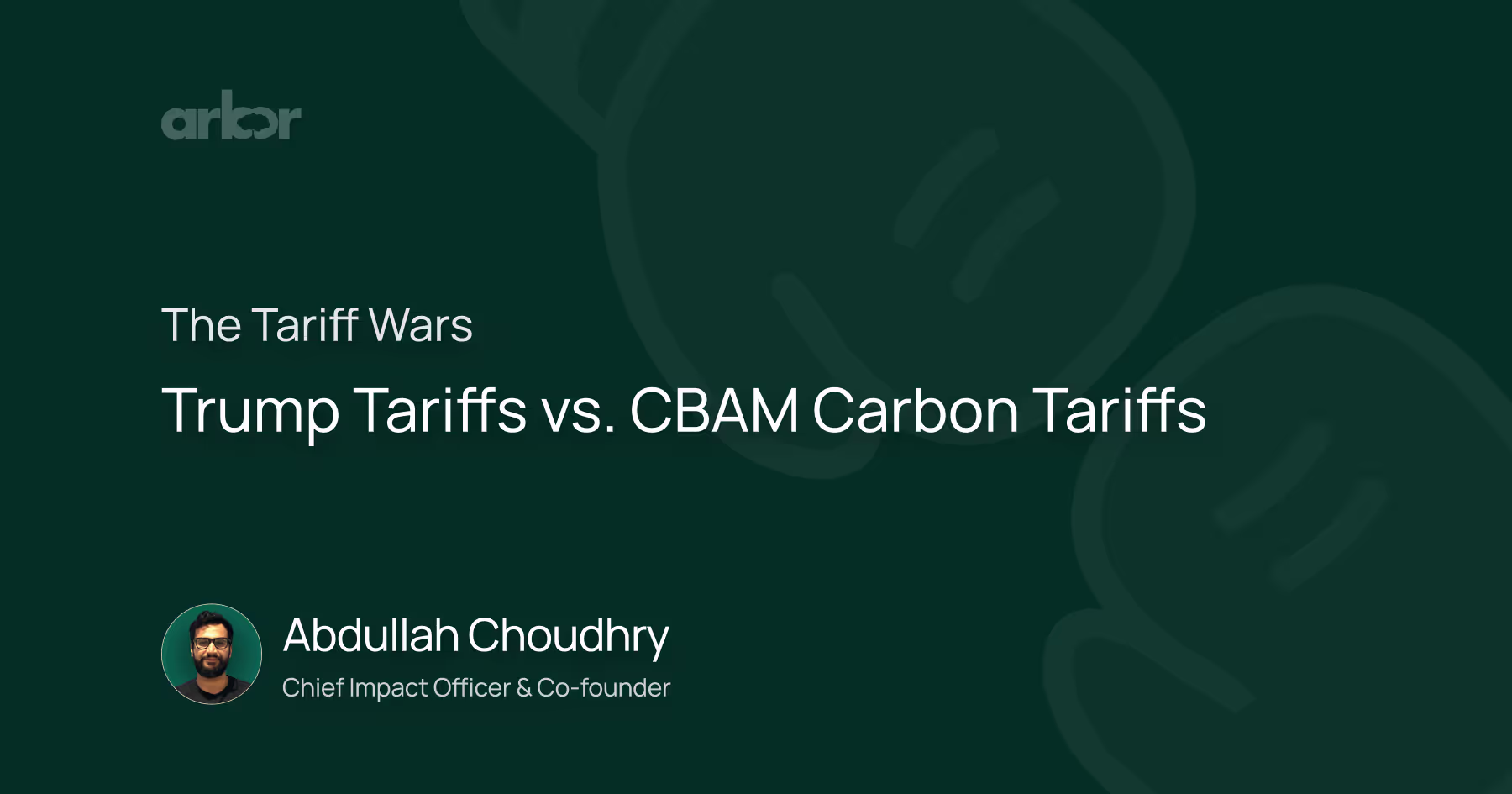
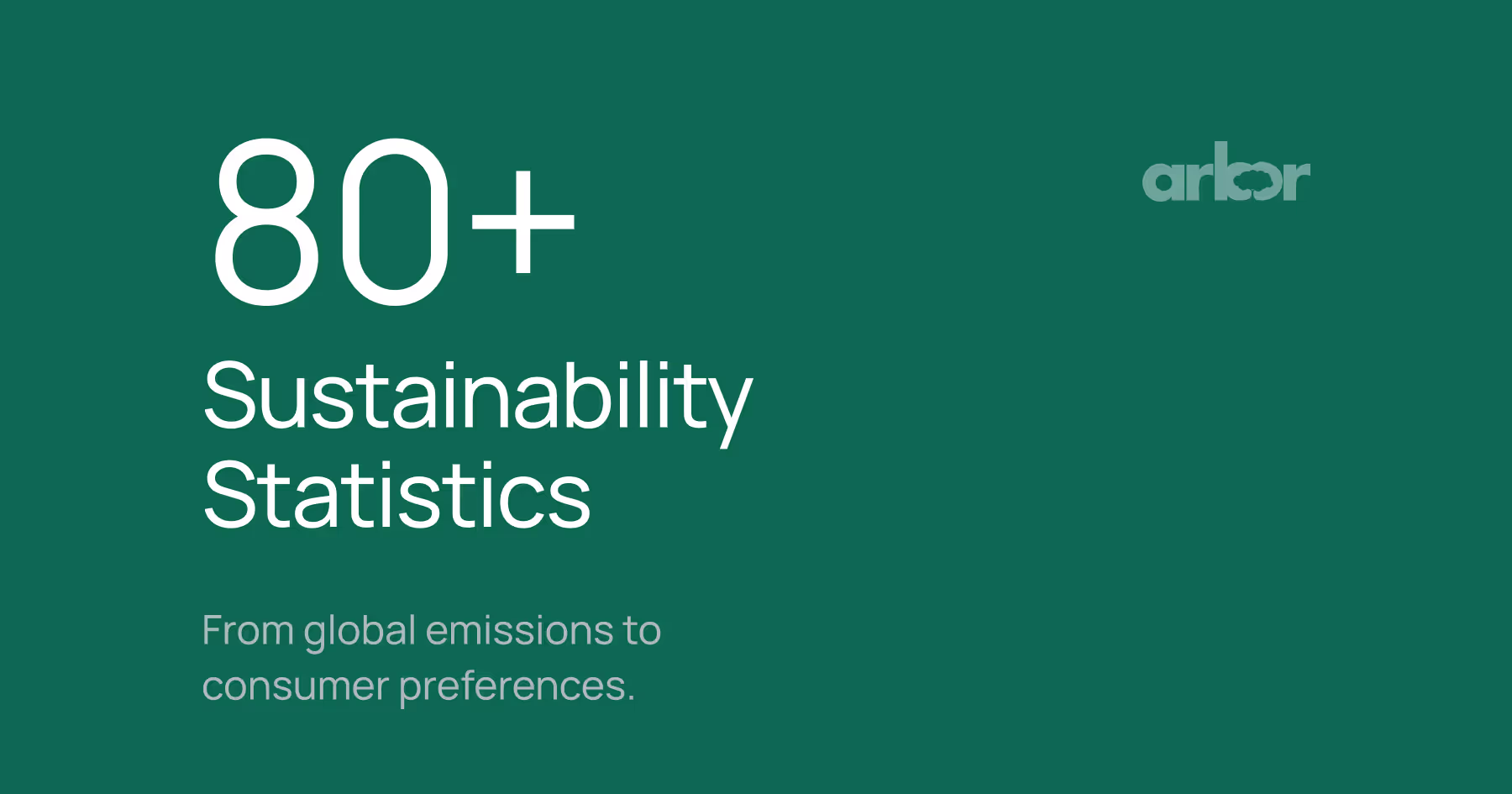
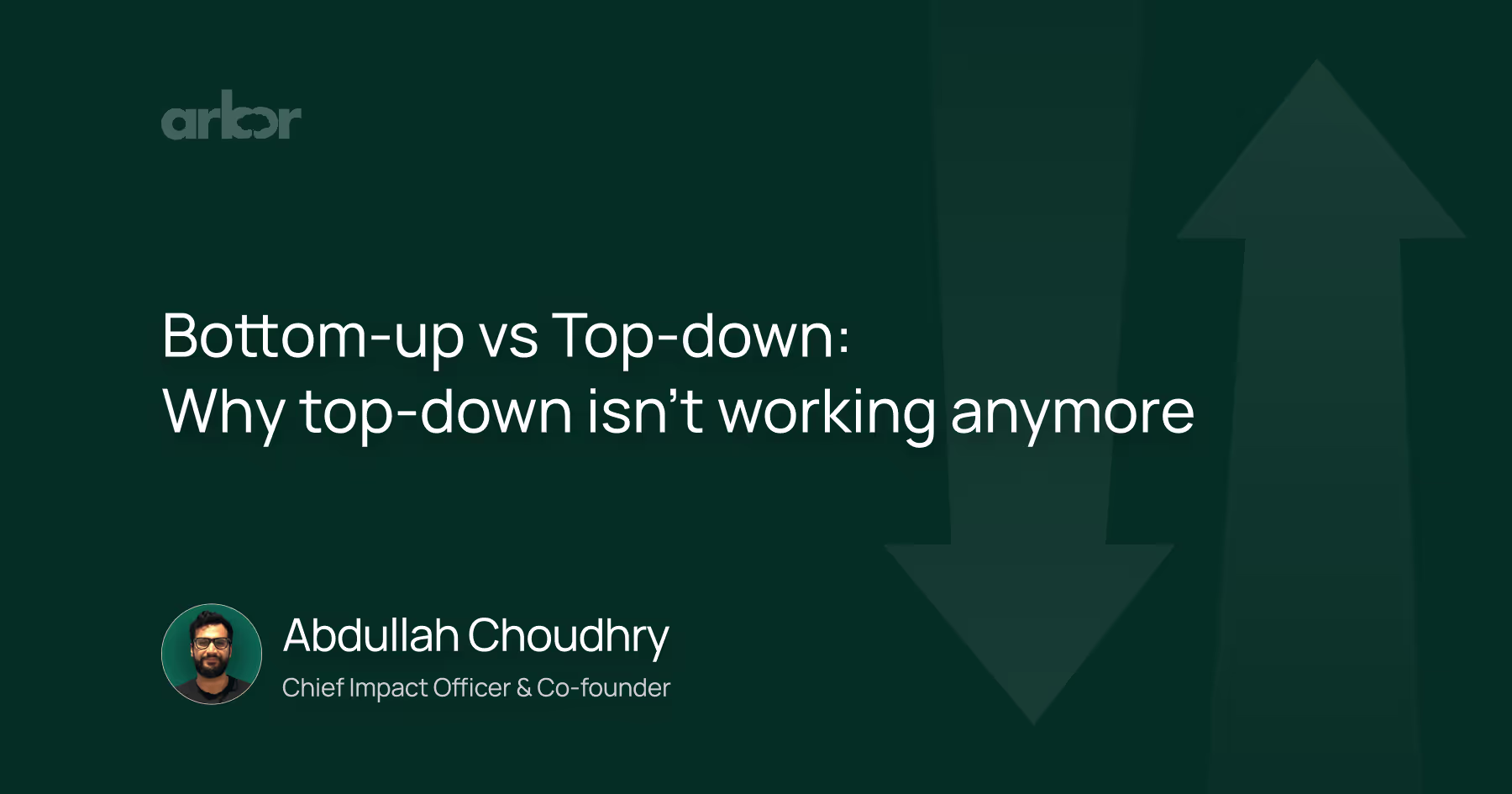

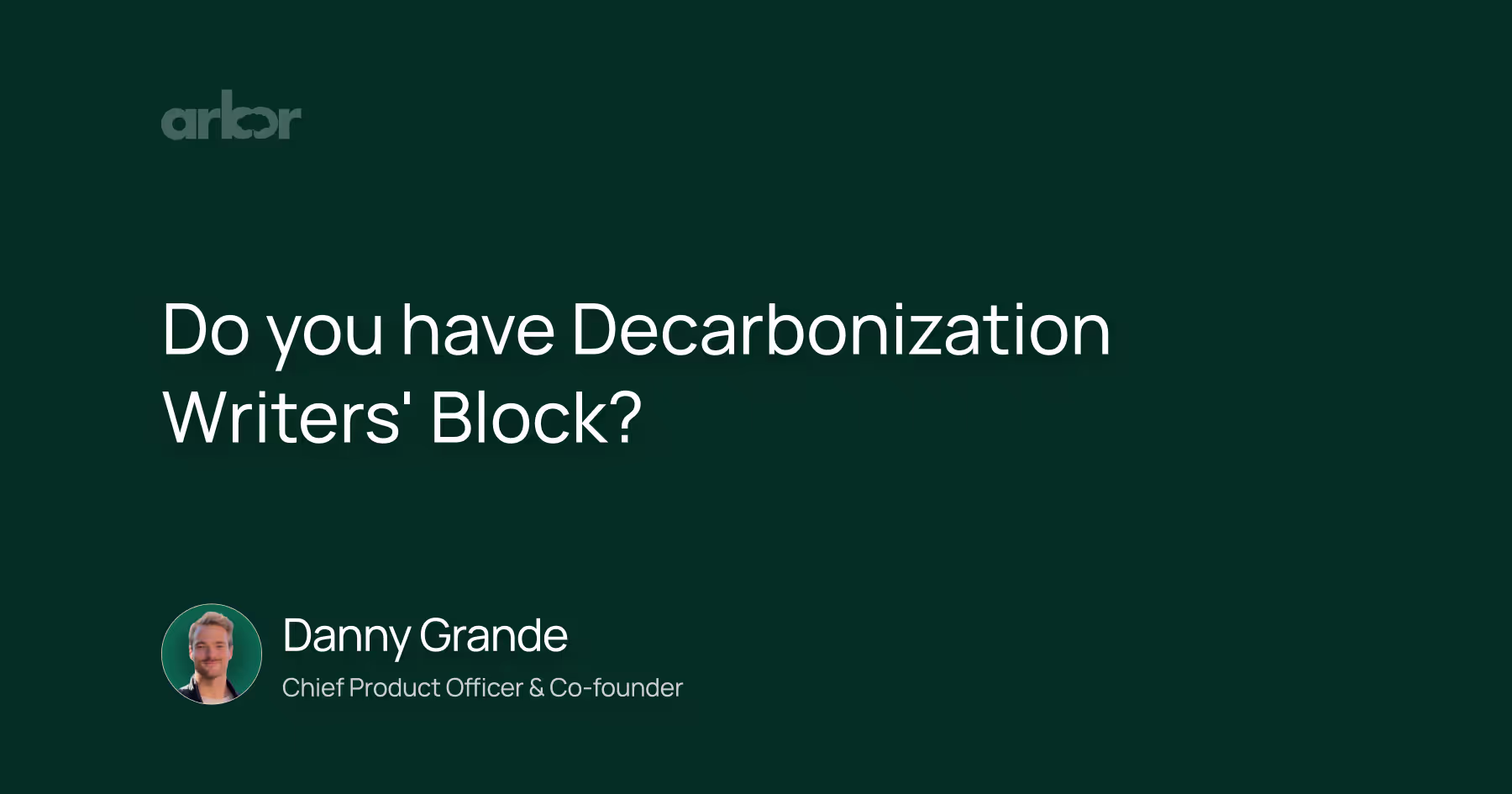
_.avif)
.avif)
%20Arbor.avif)




%20Software%20and%20Tools.avif)





.avif)
.avif)
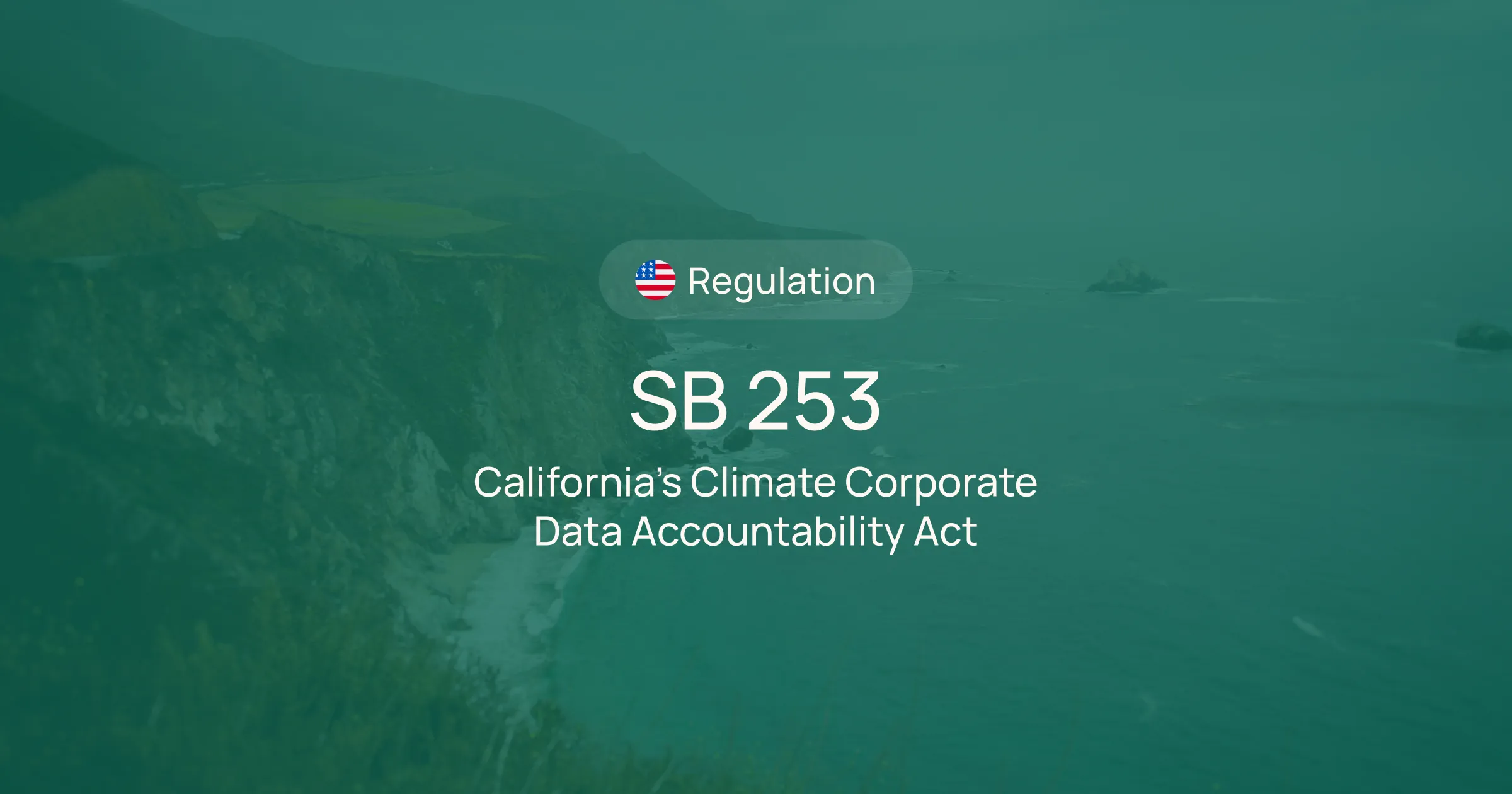



%20EU%20Regulation.avif)












.avif)


%20Arbor.avif)









_%20_%20Carbon%20101.avif)







.avif)









